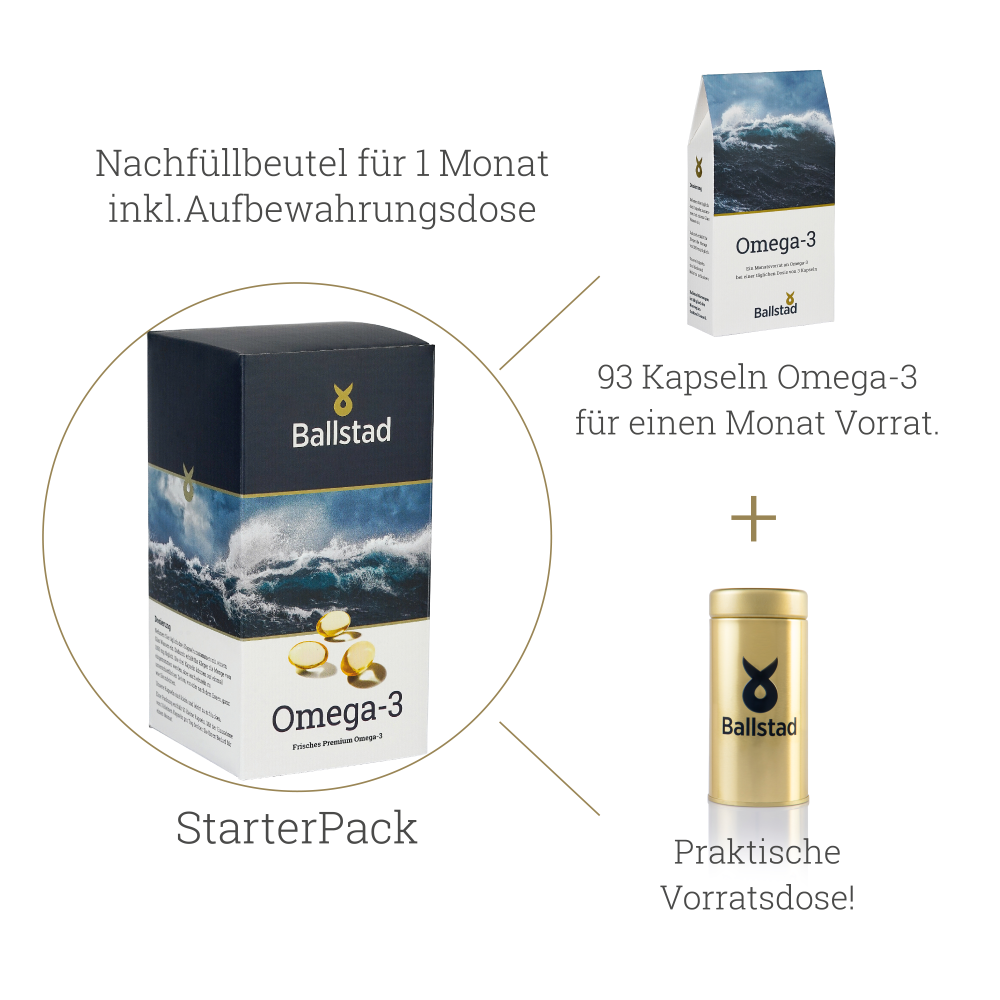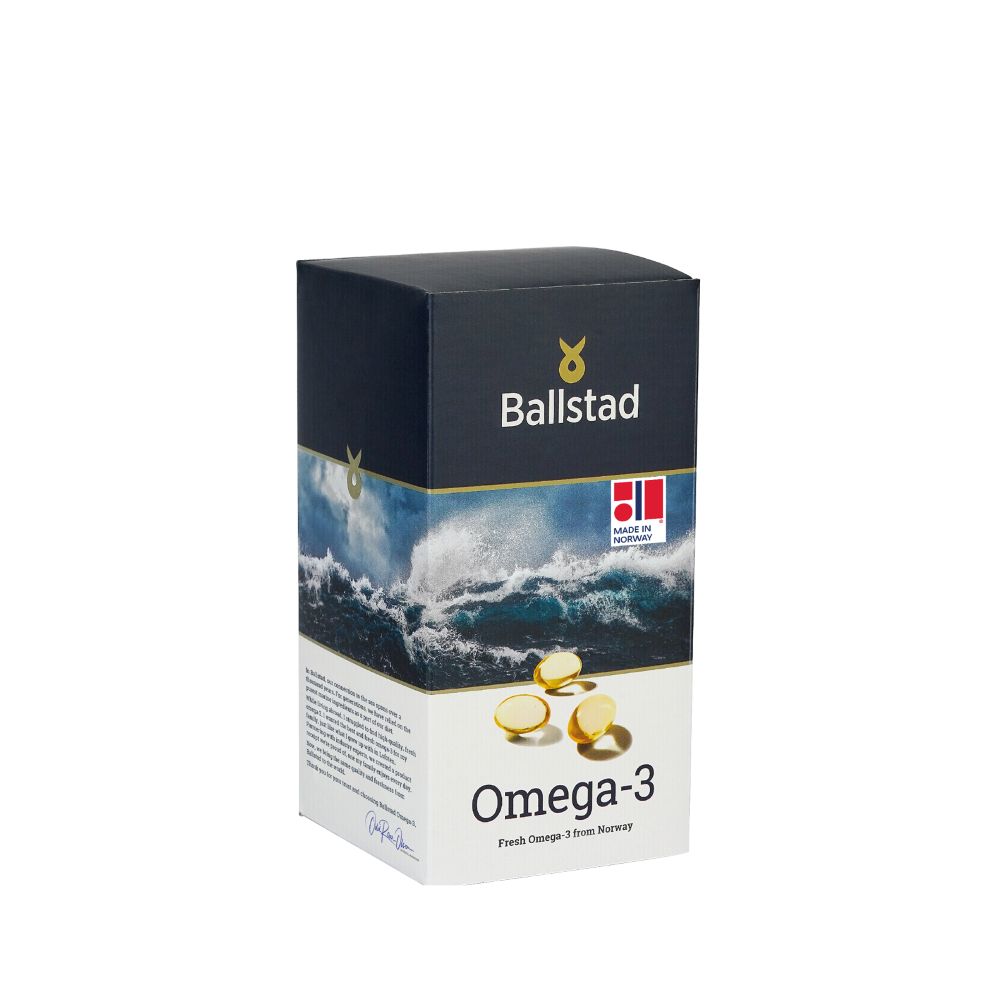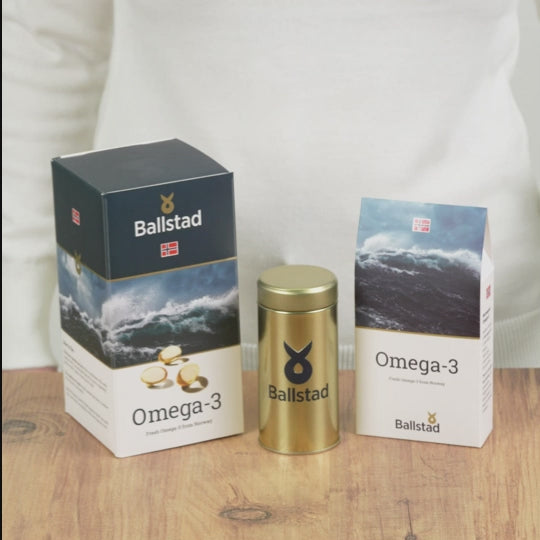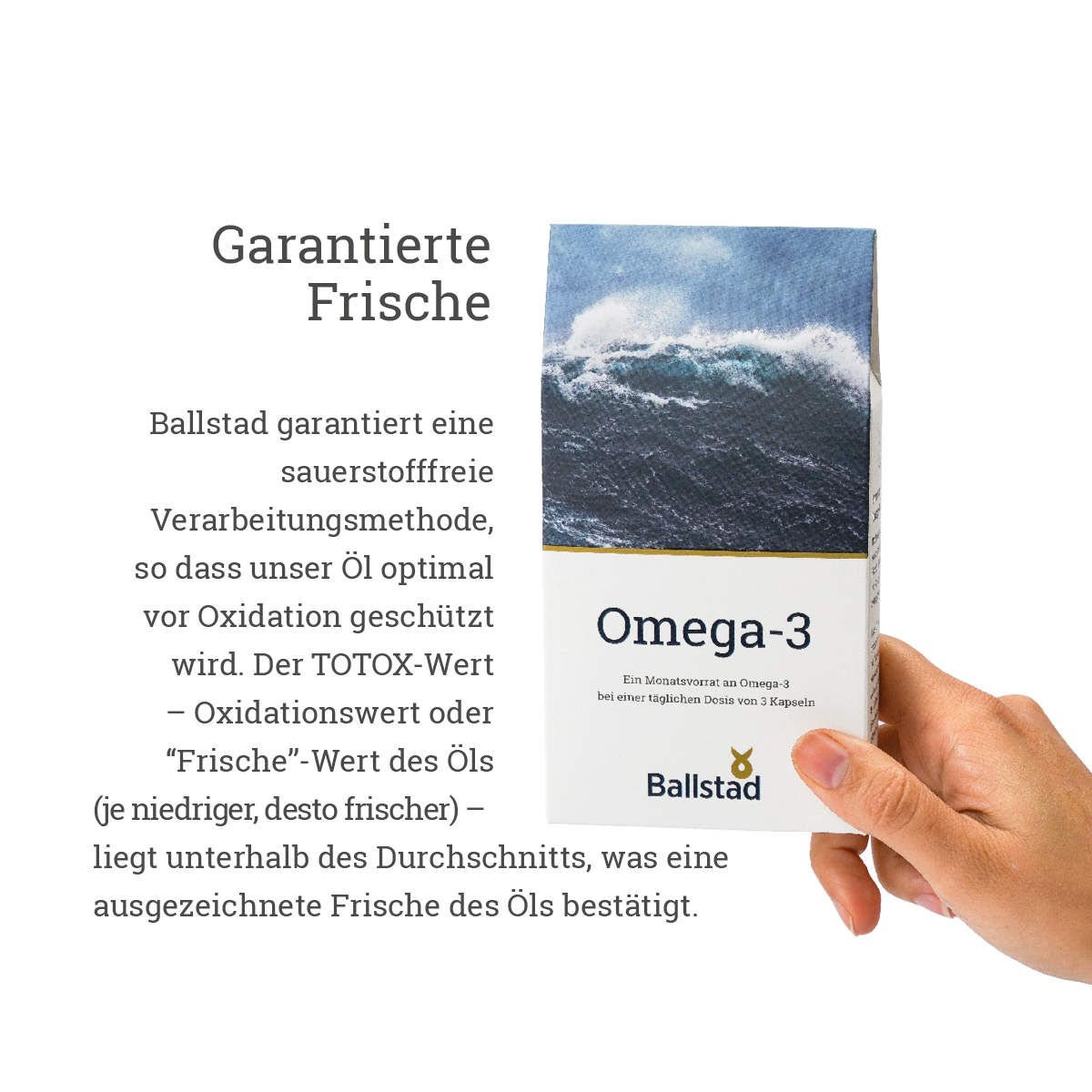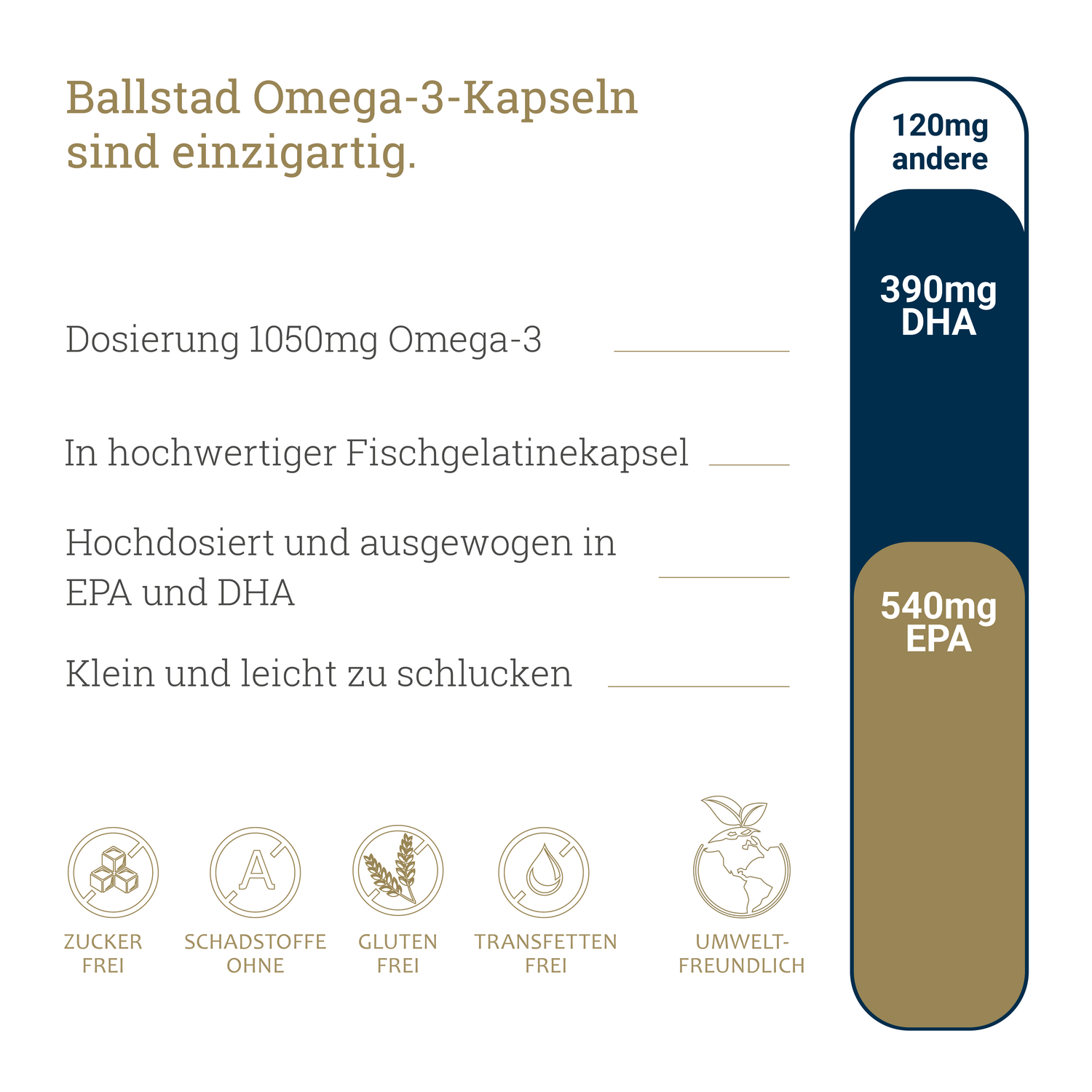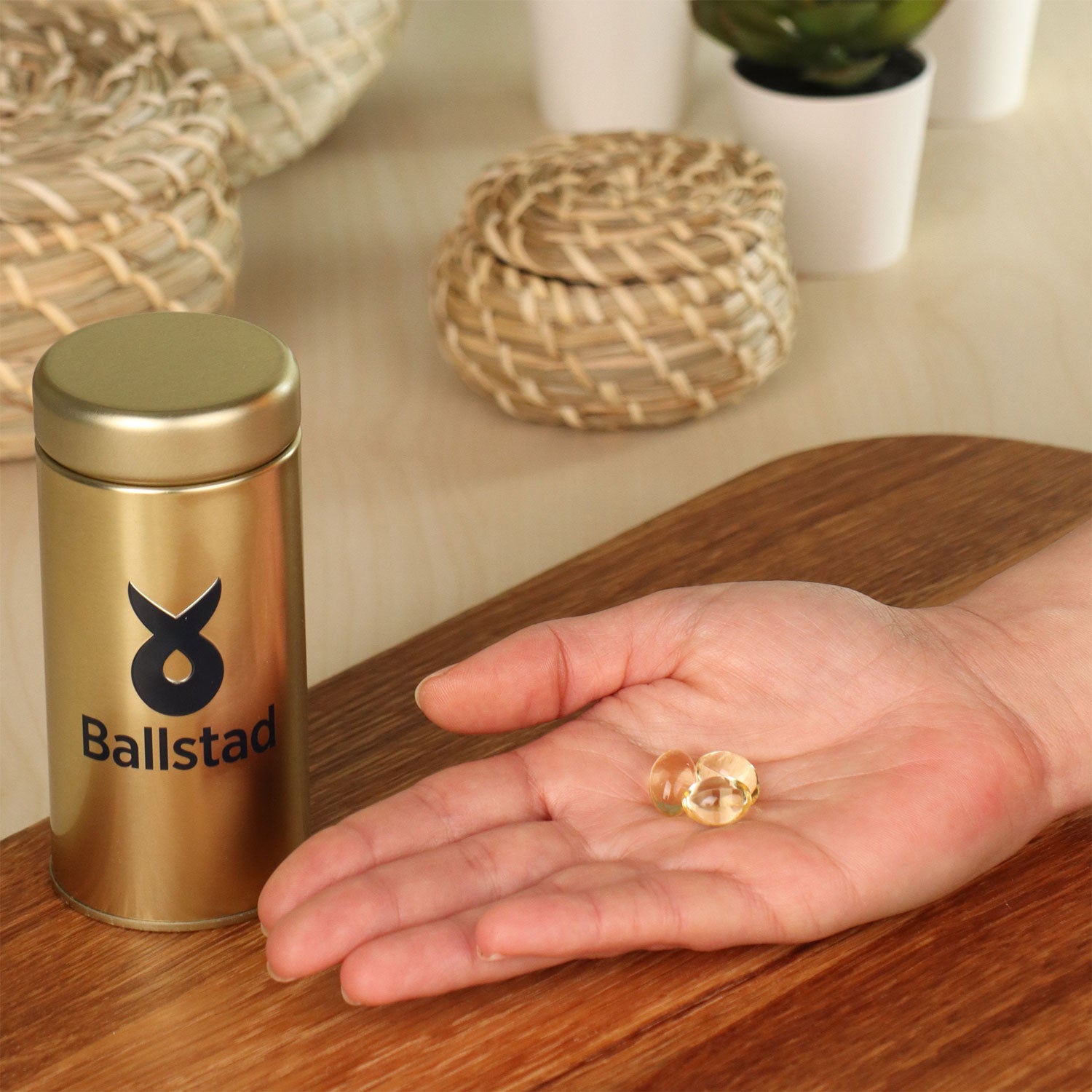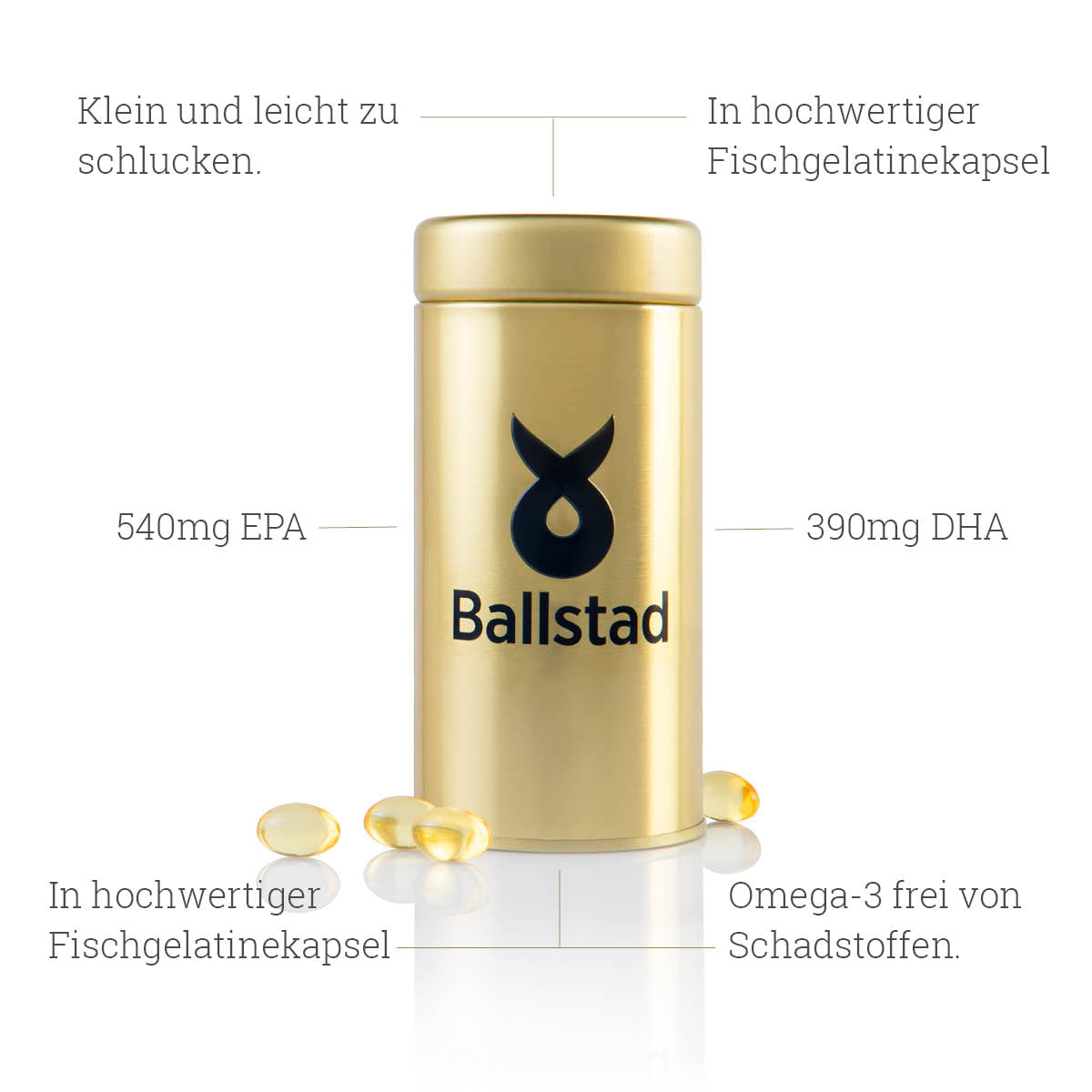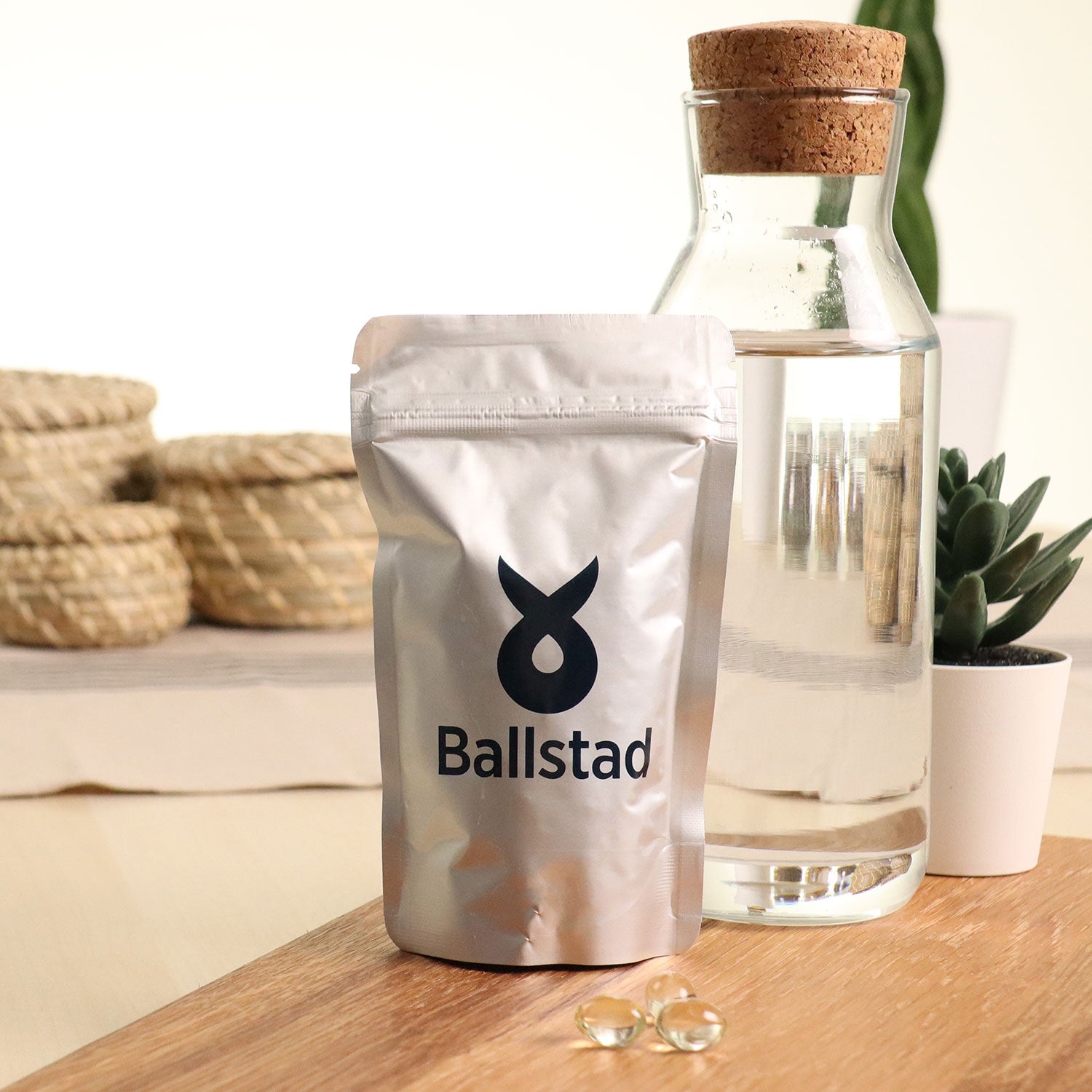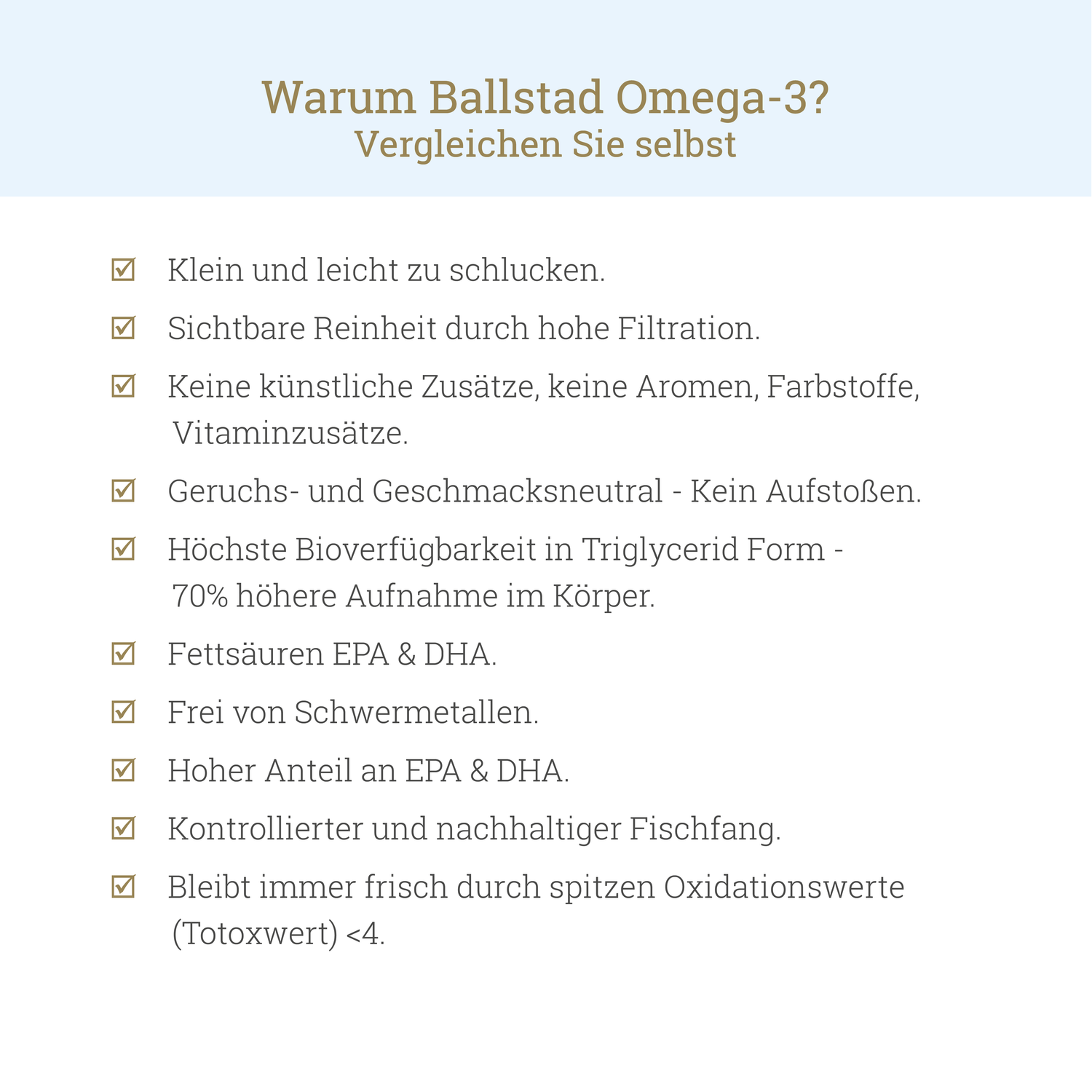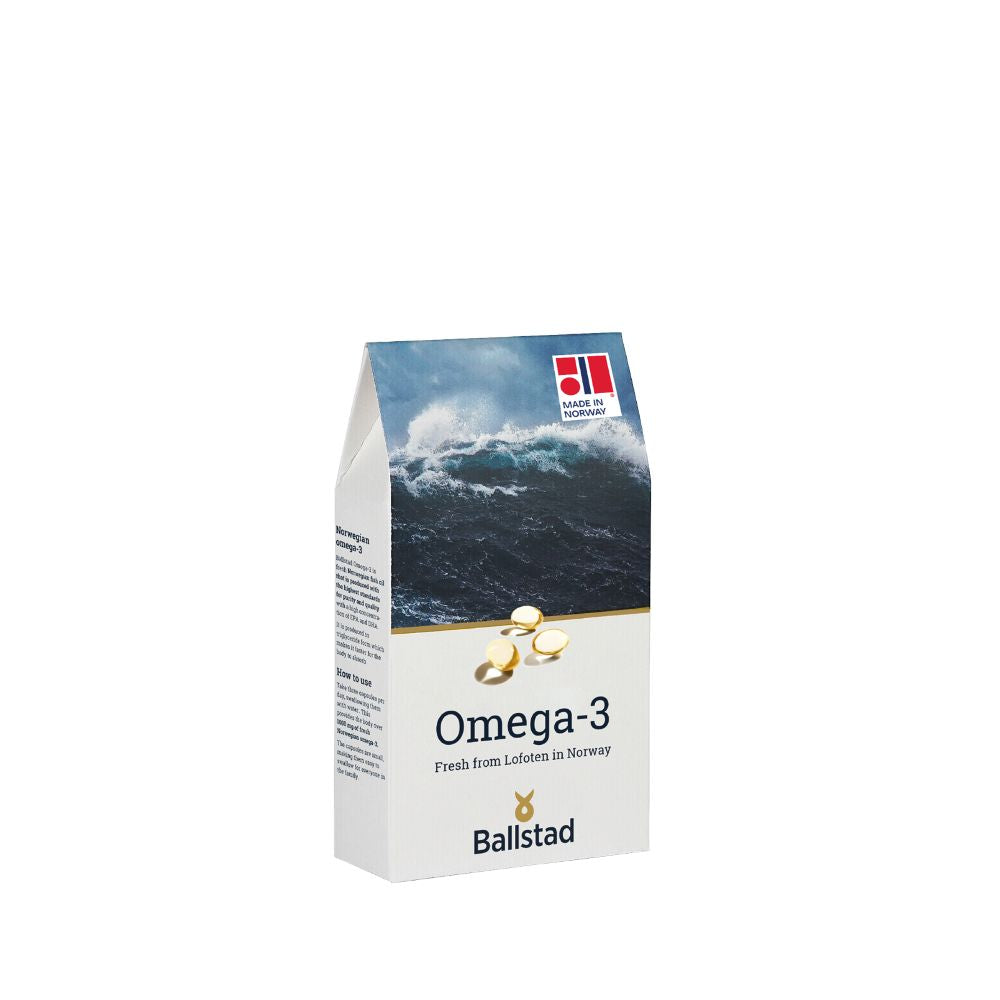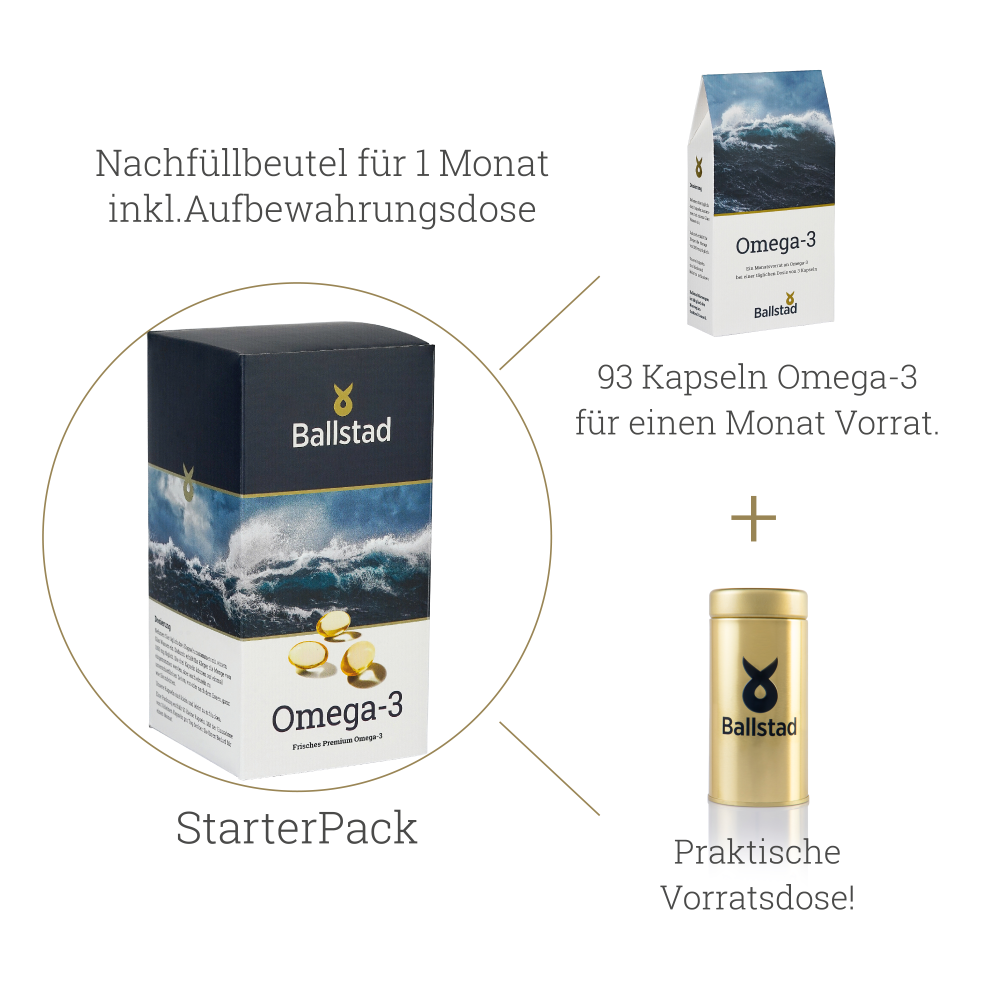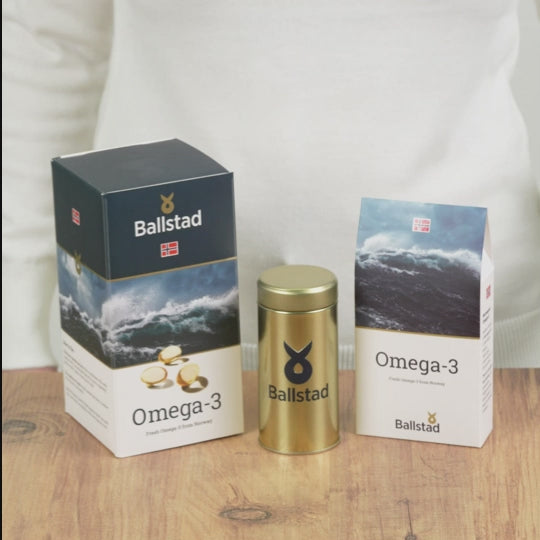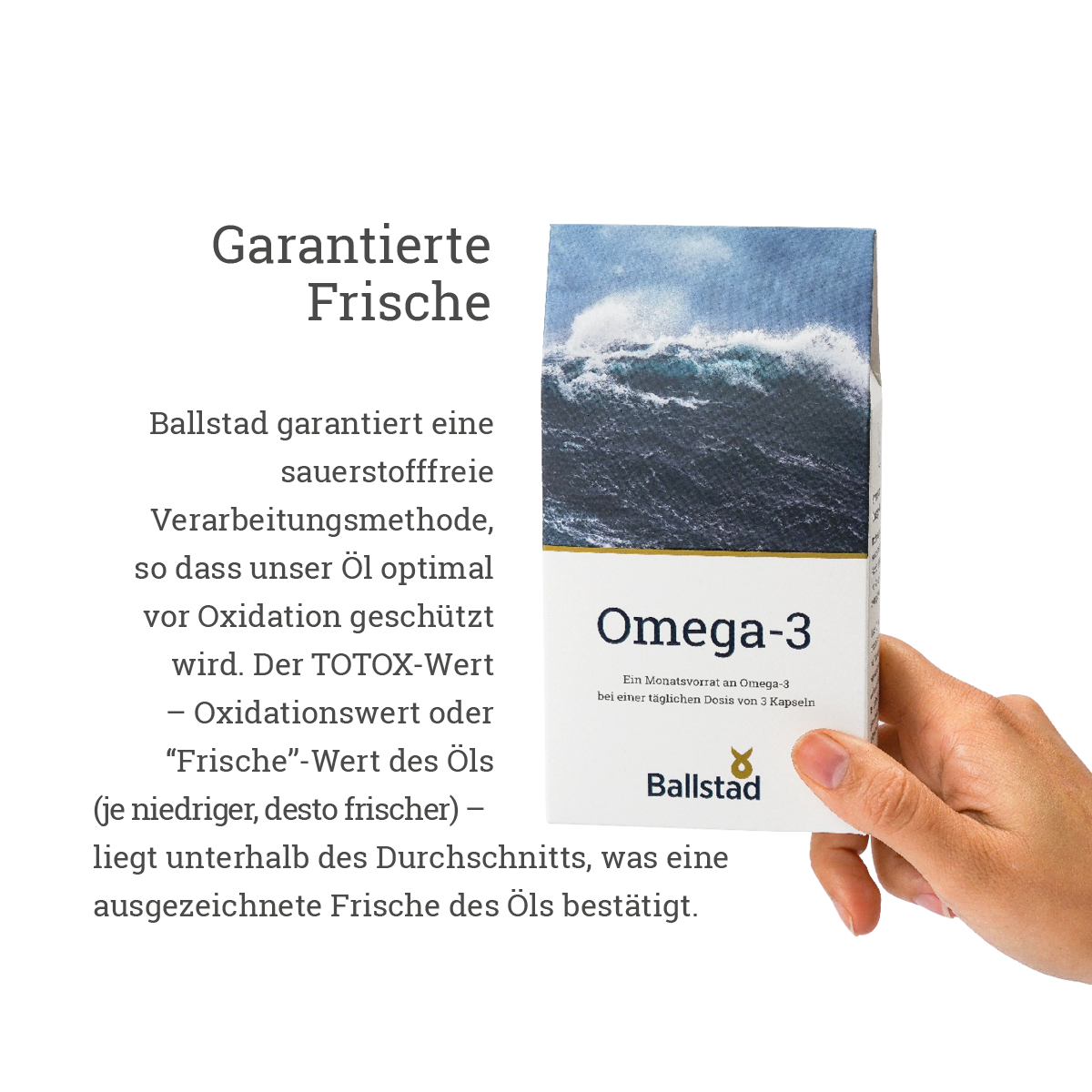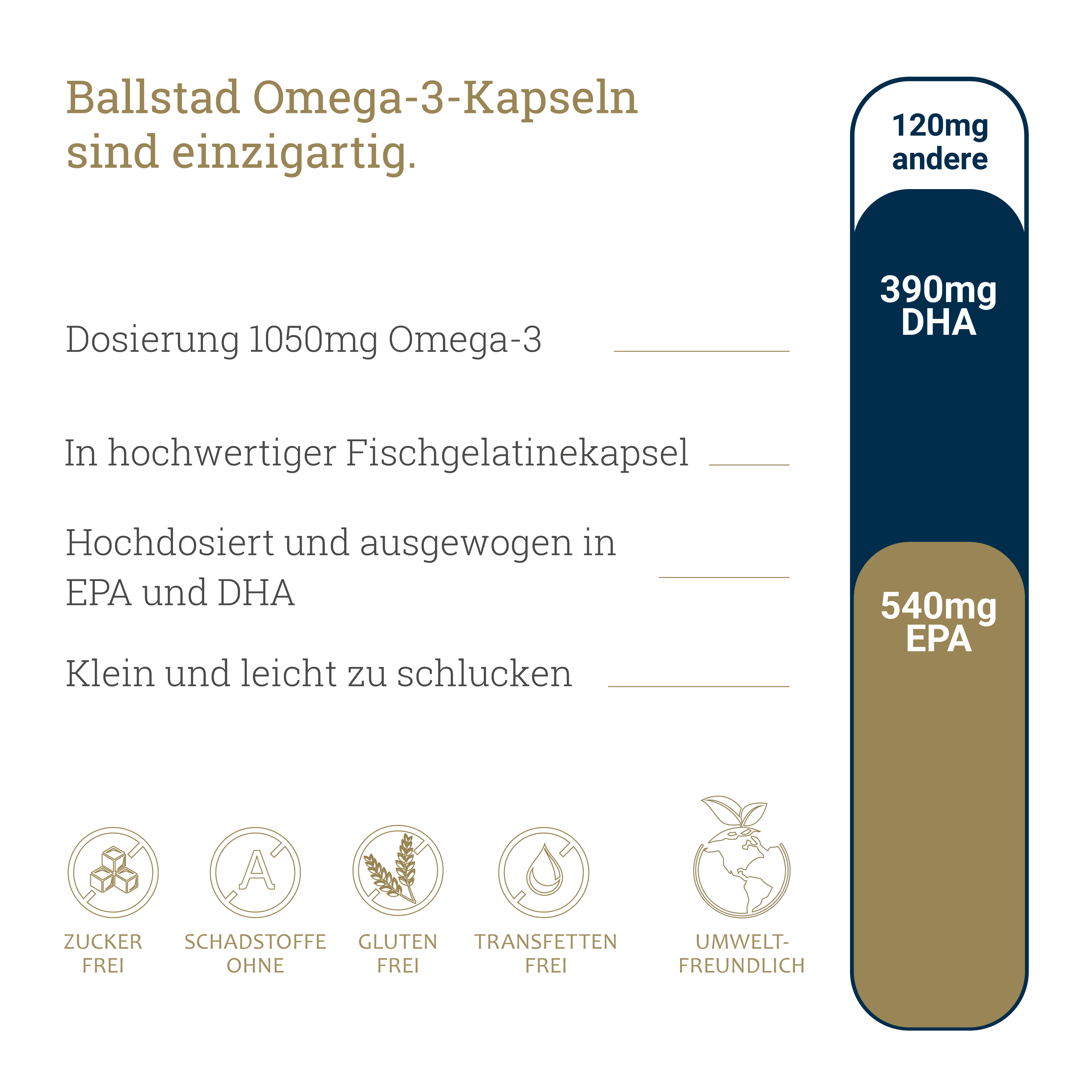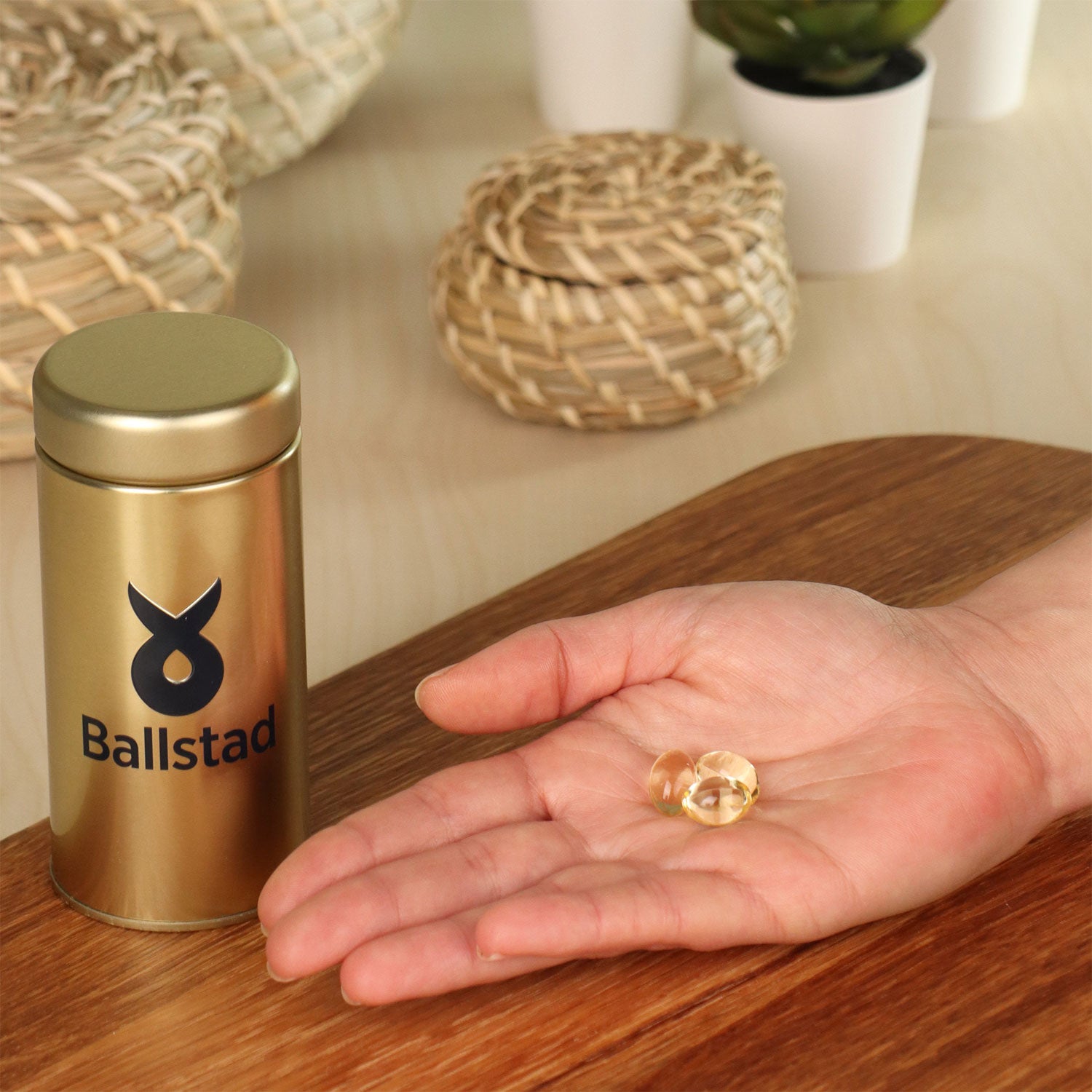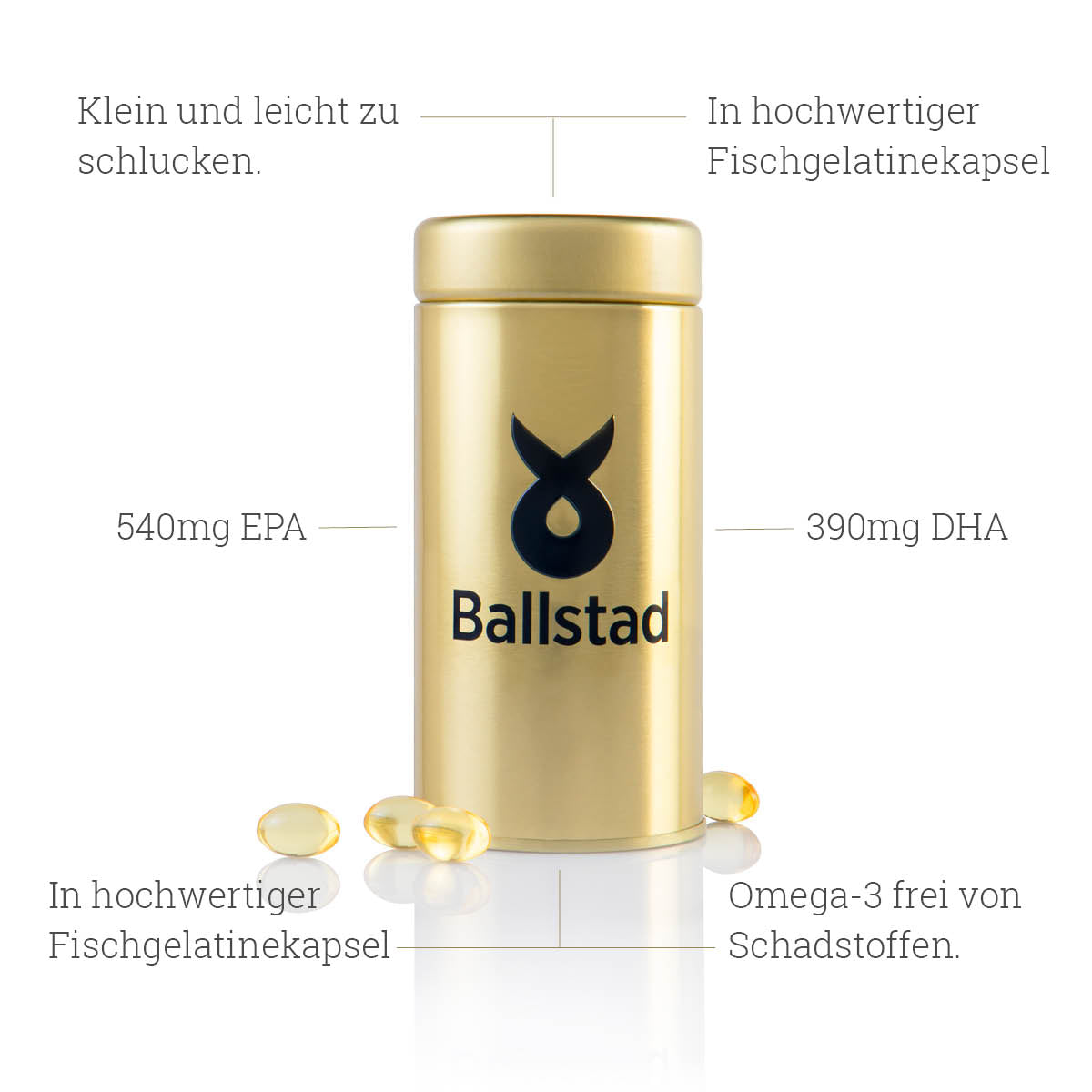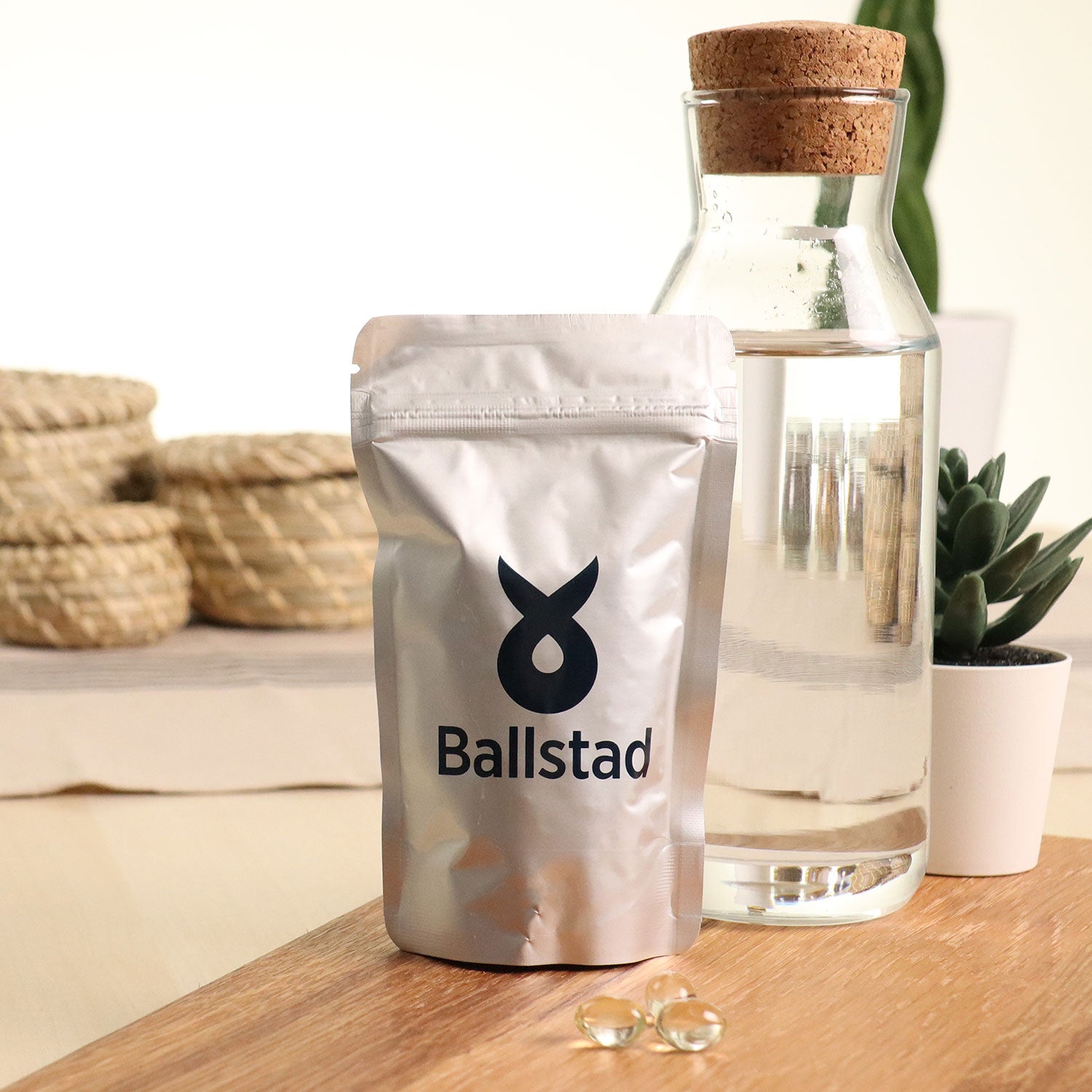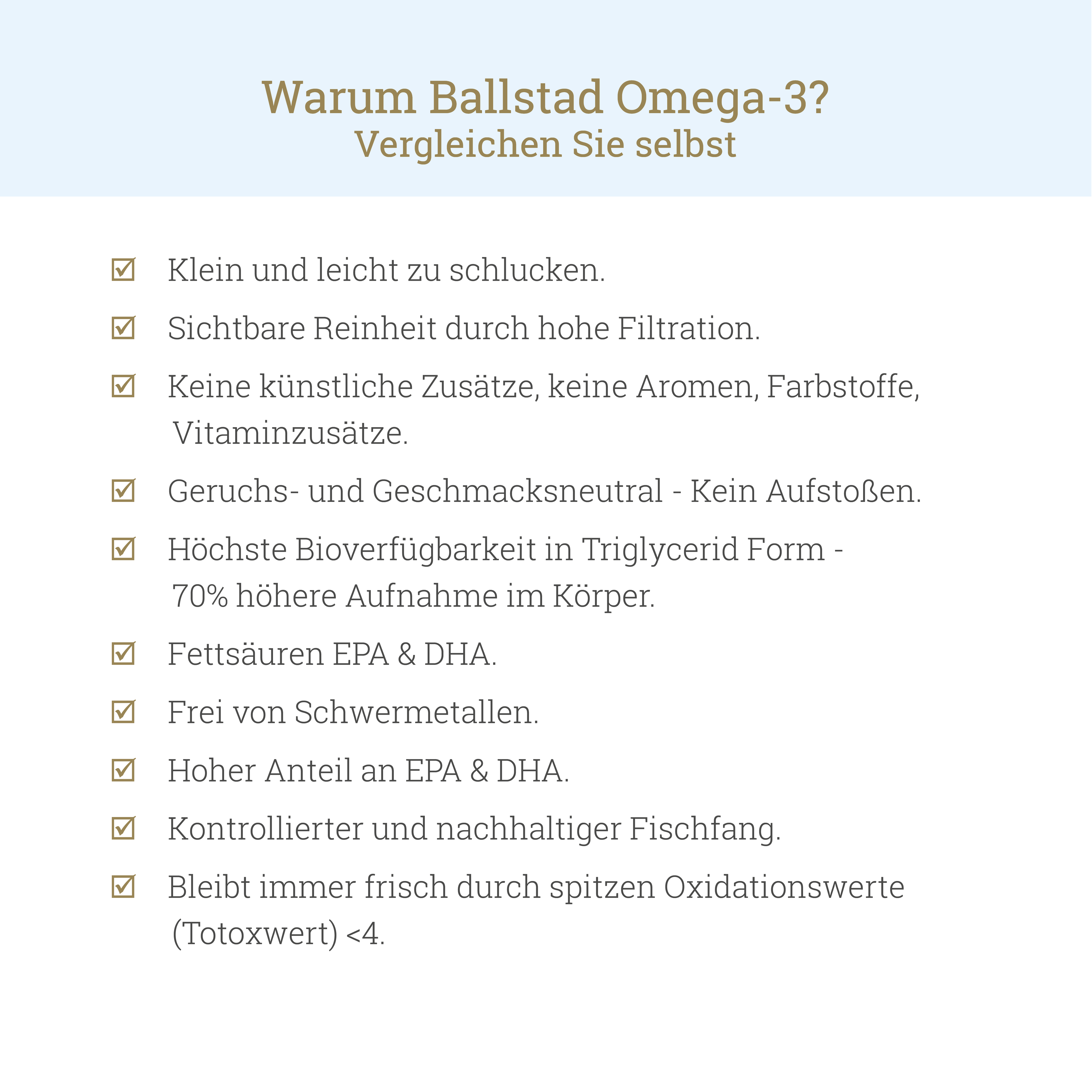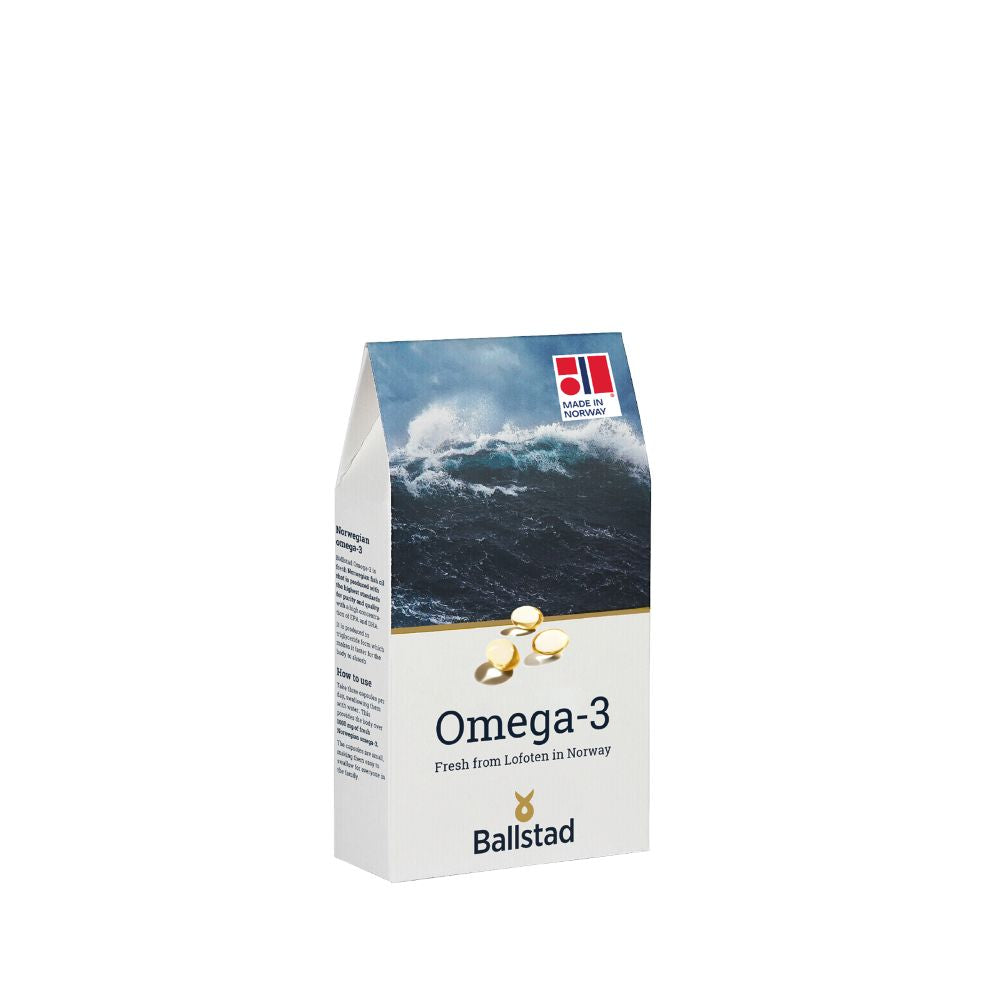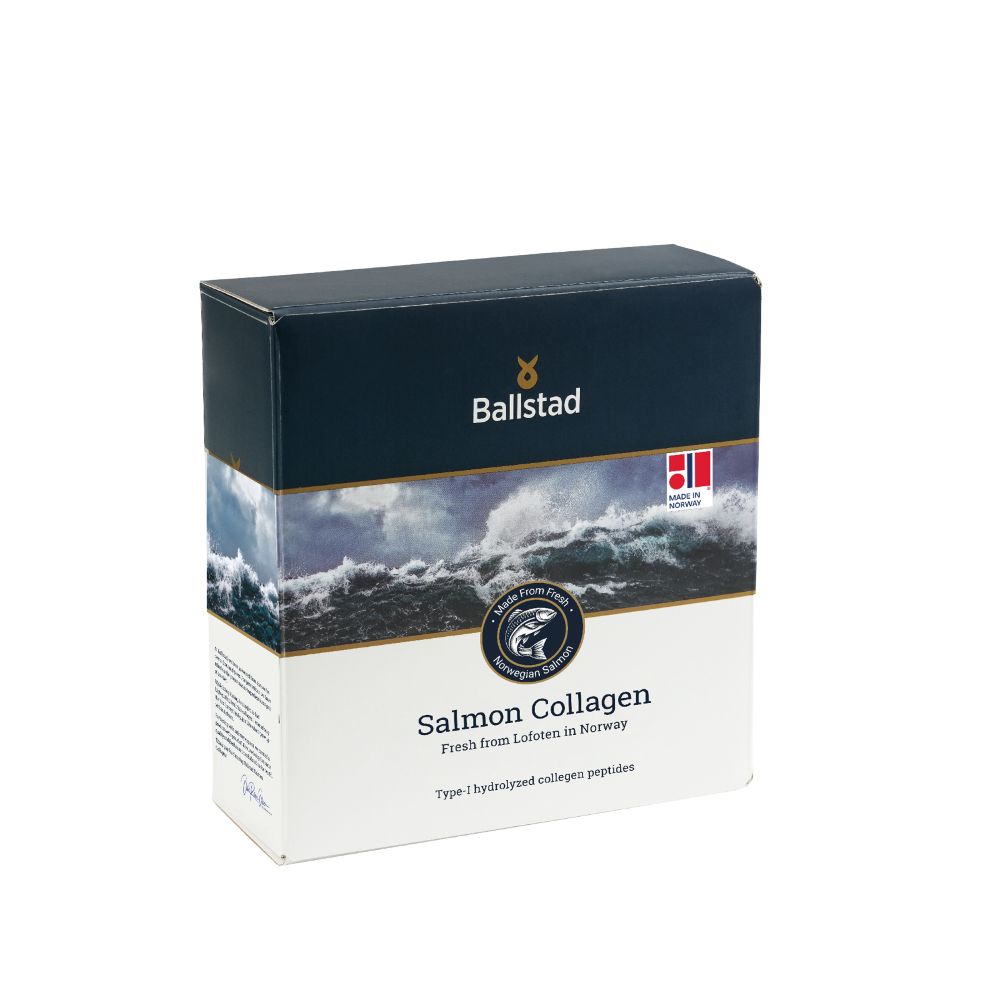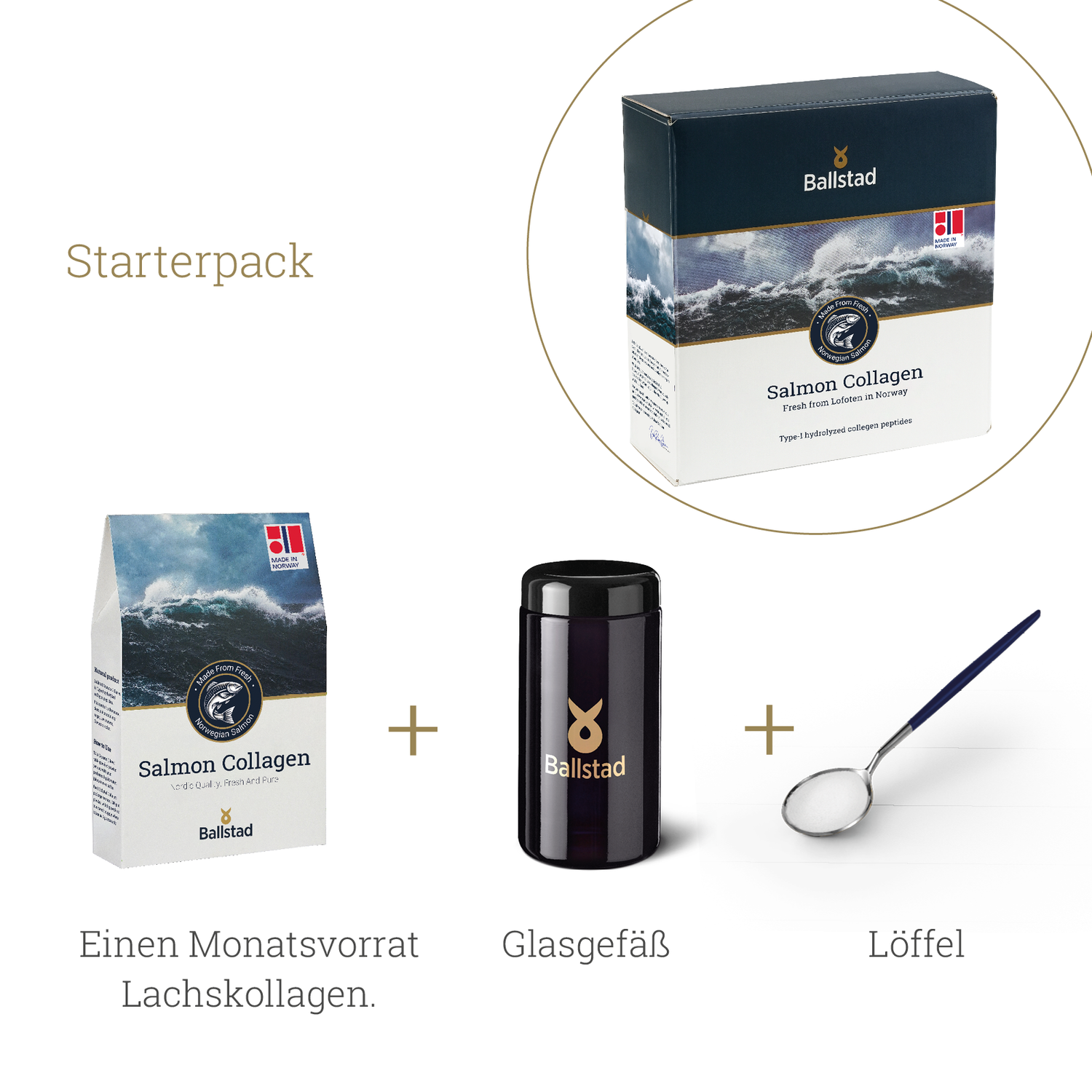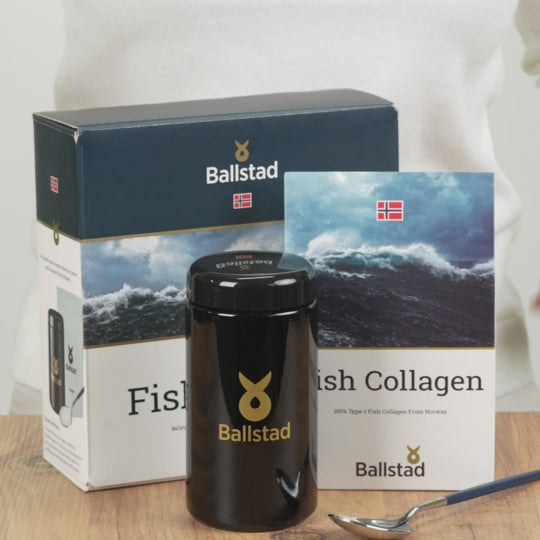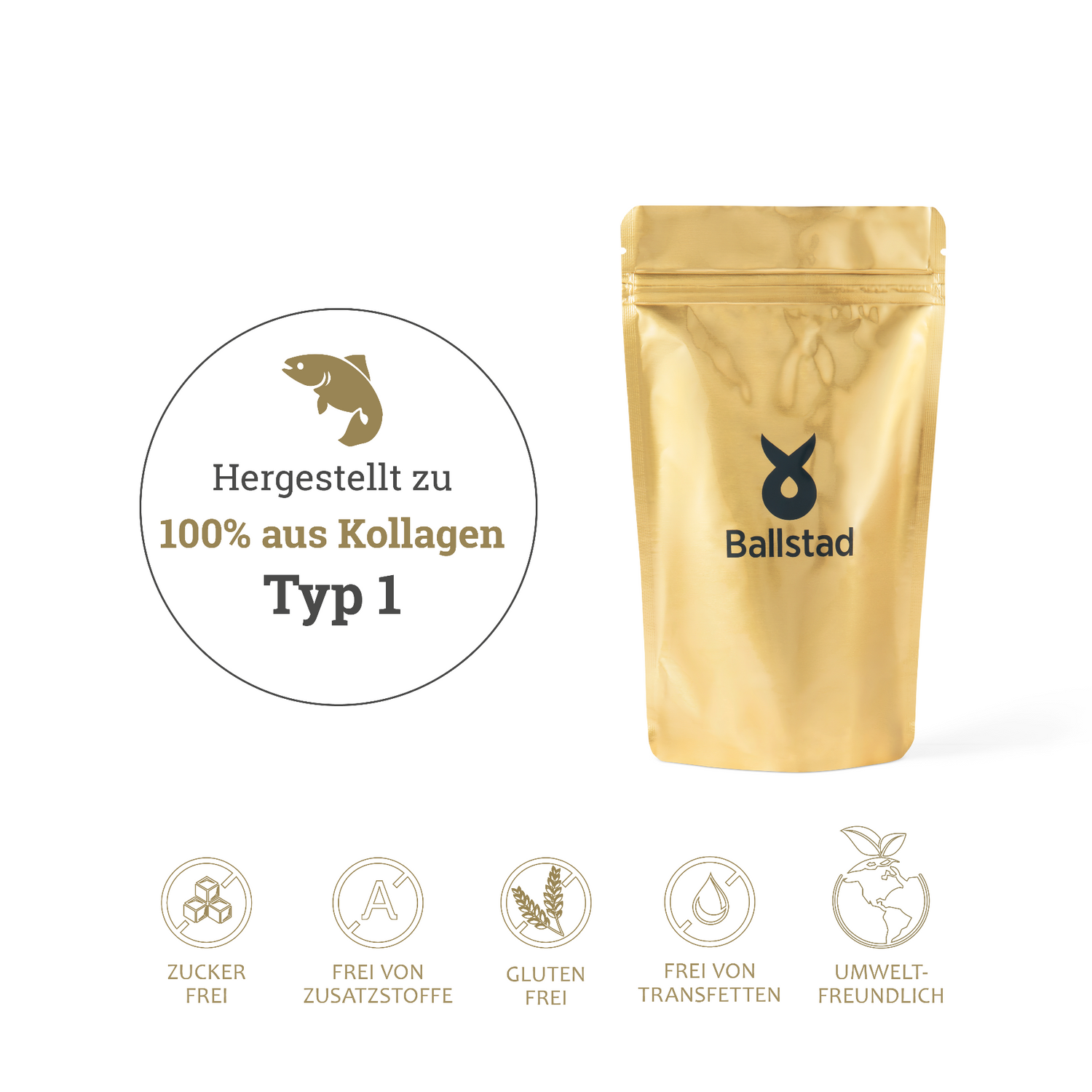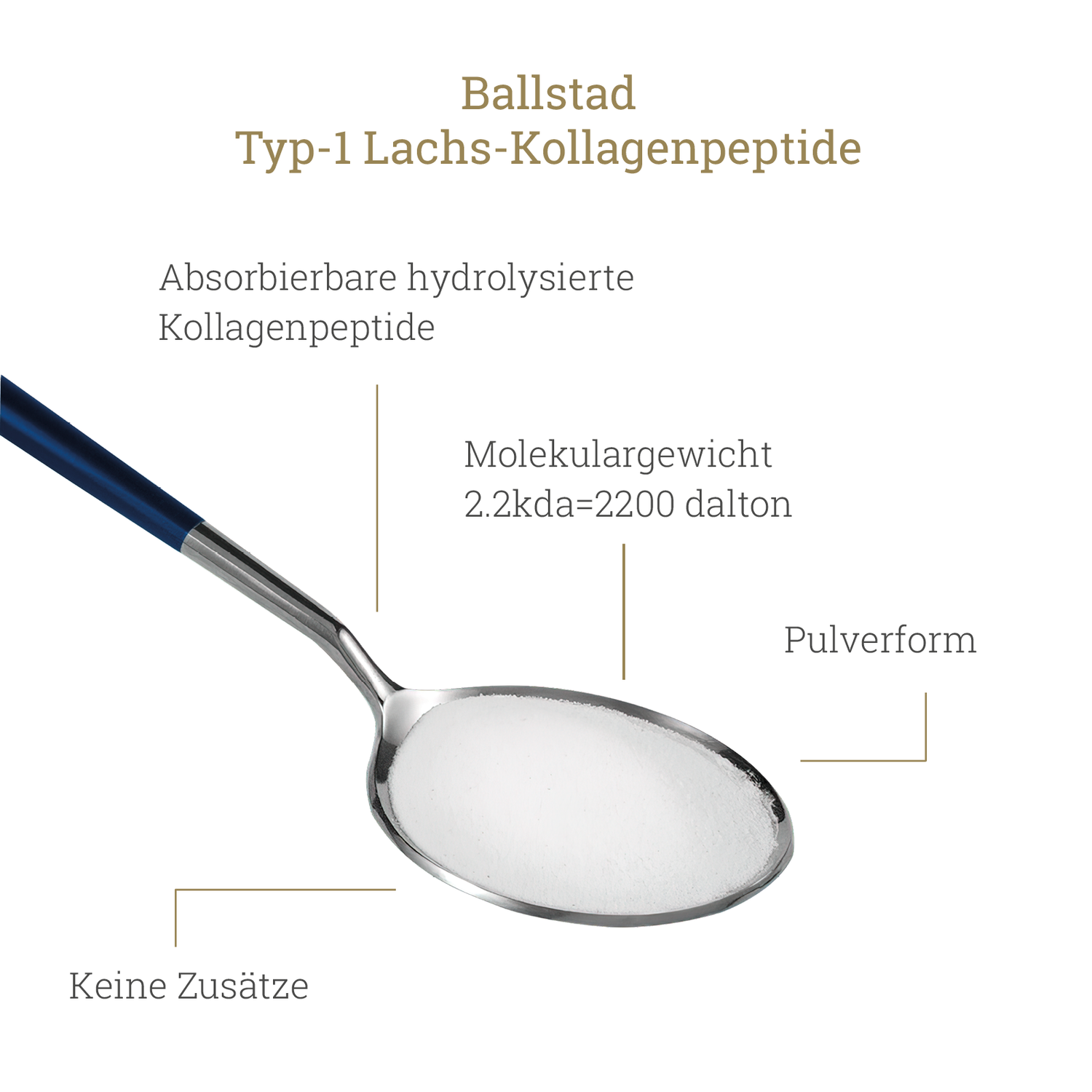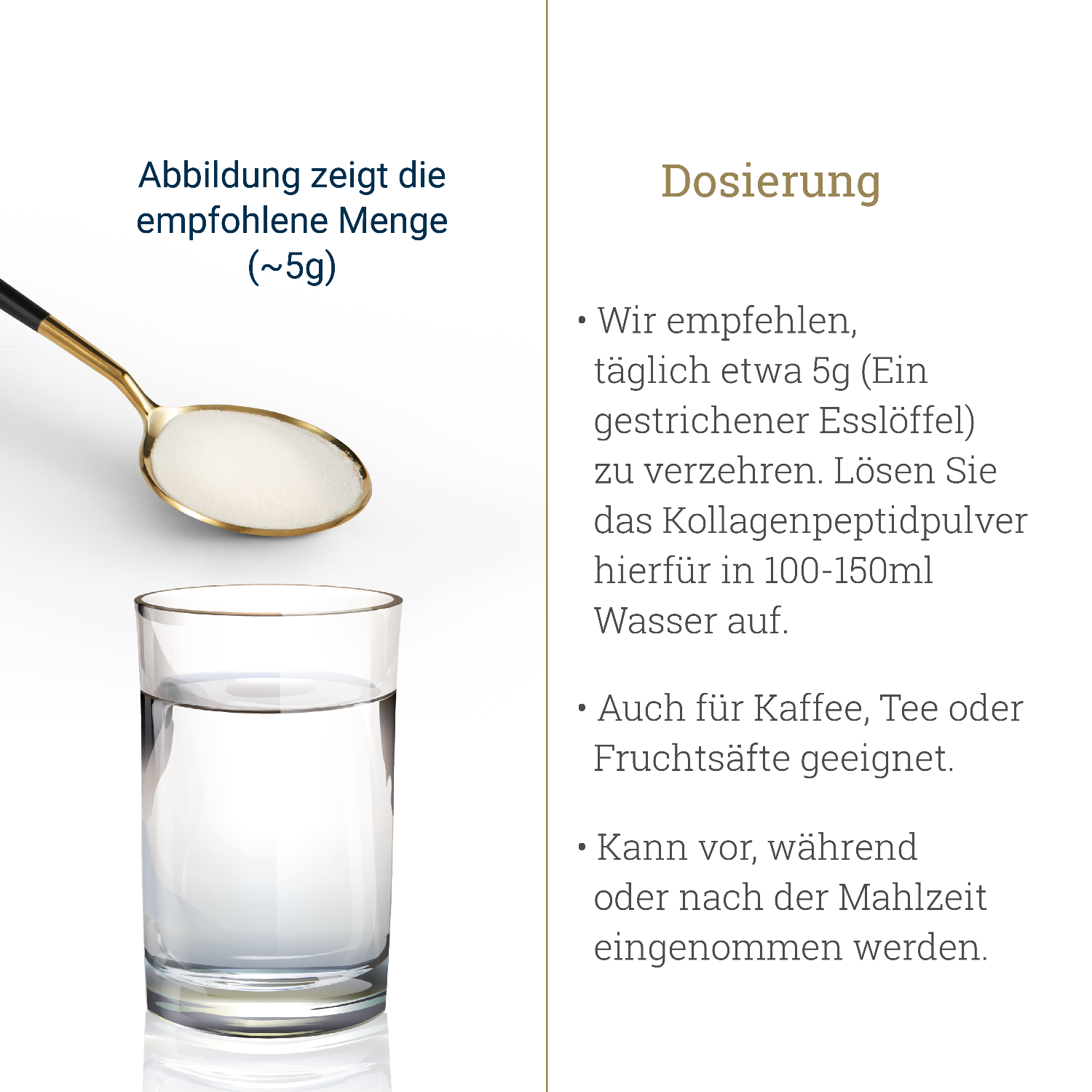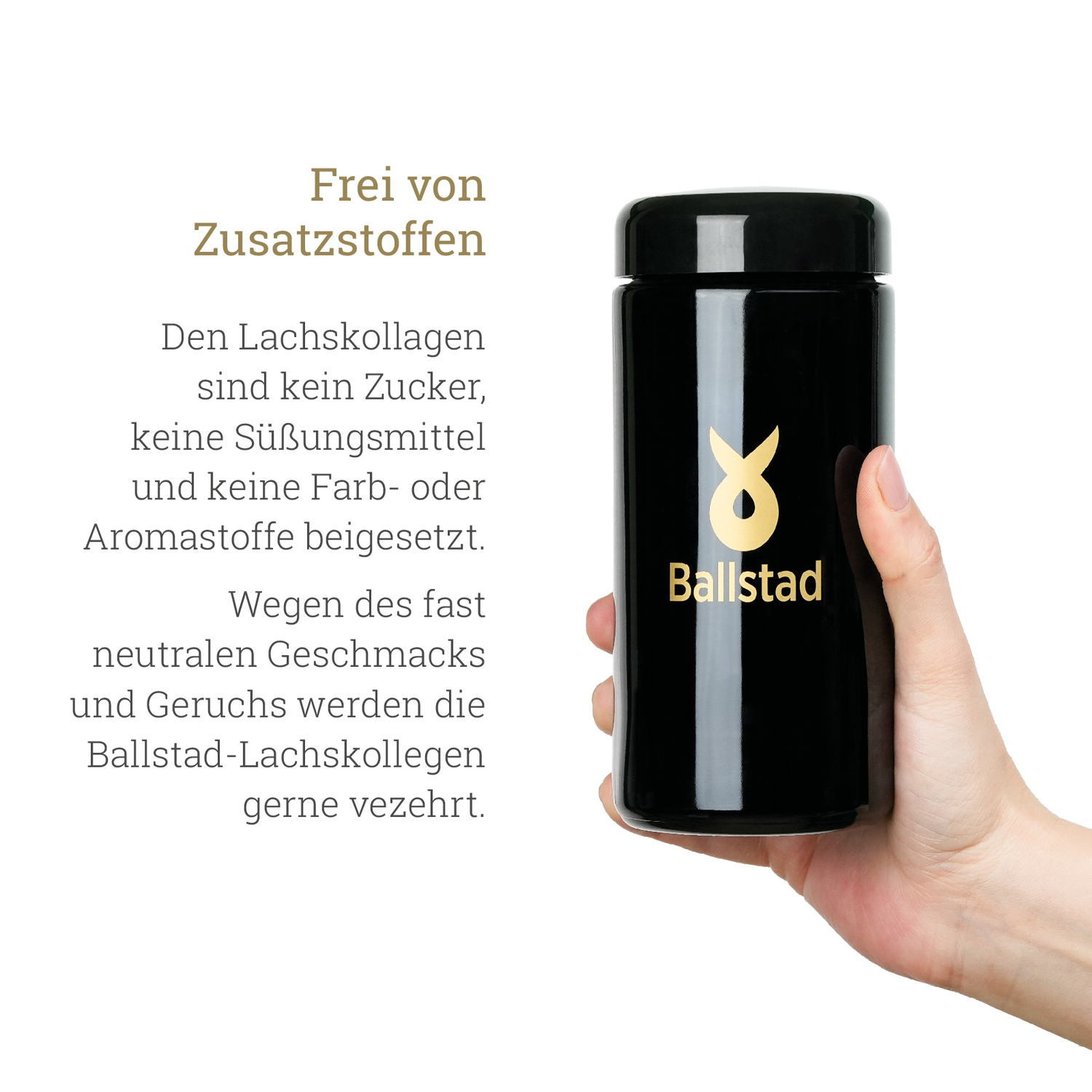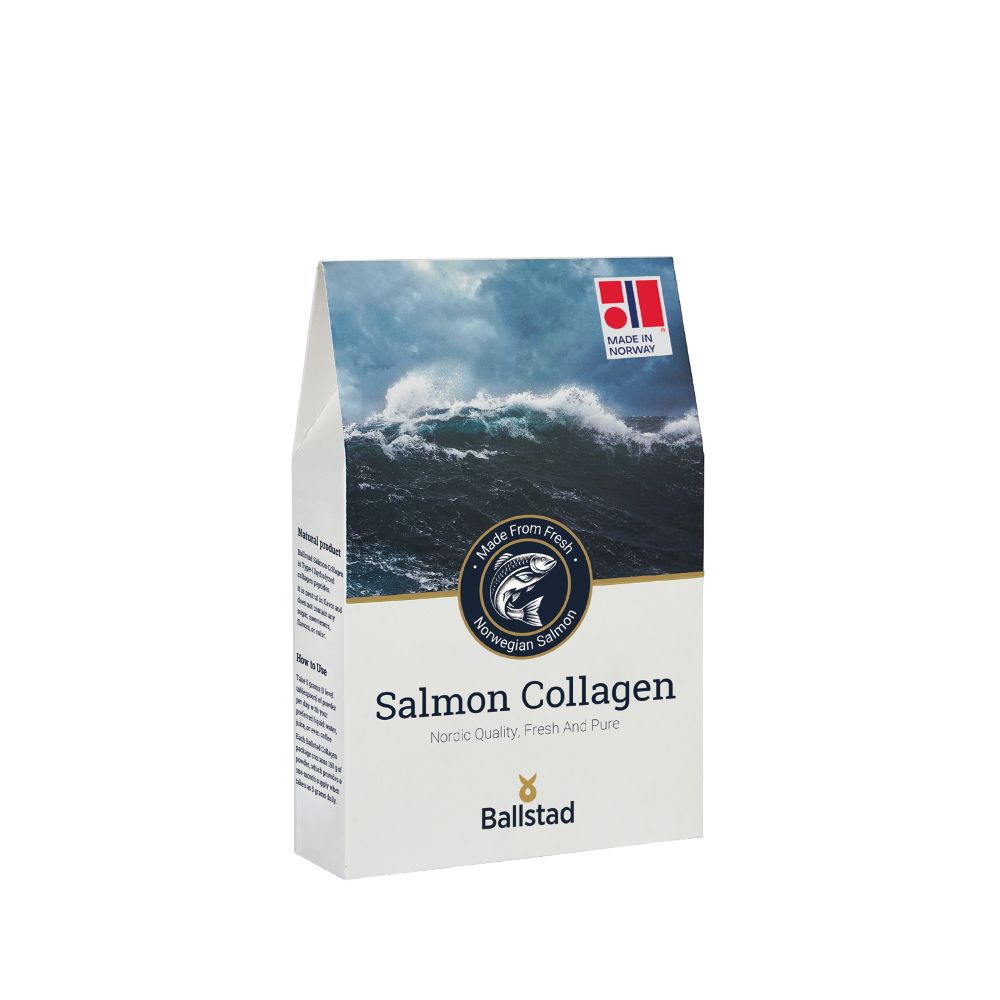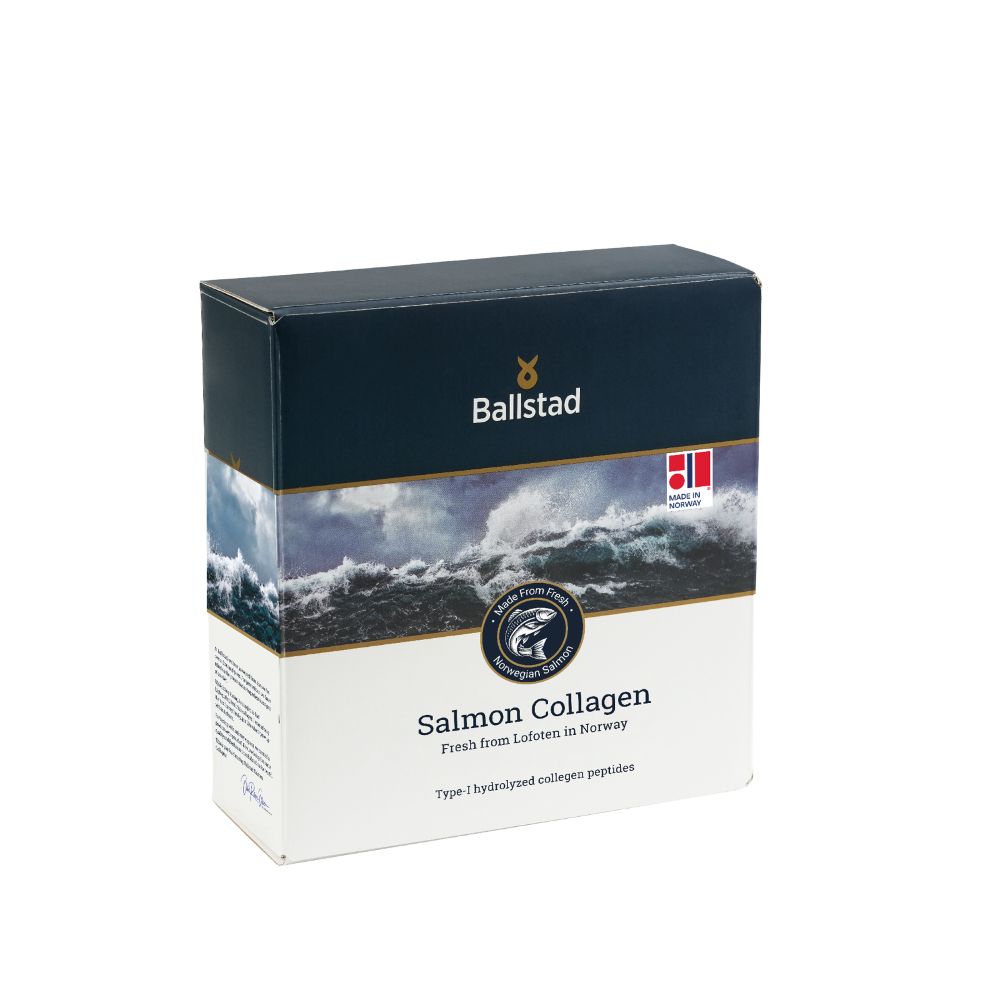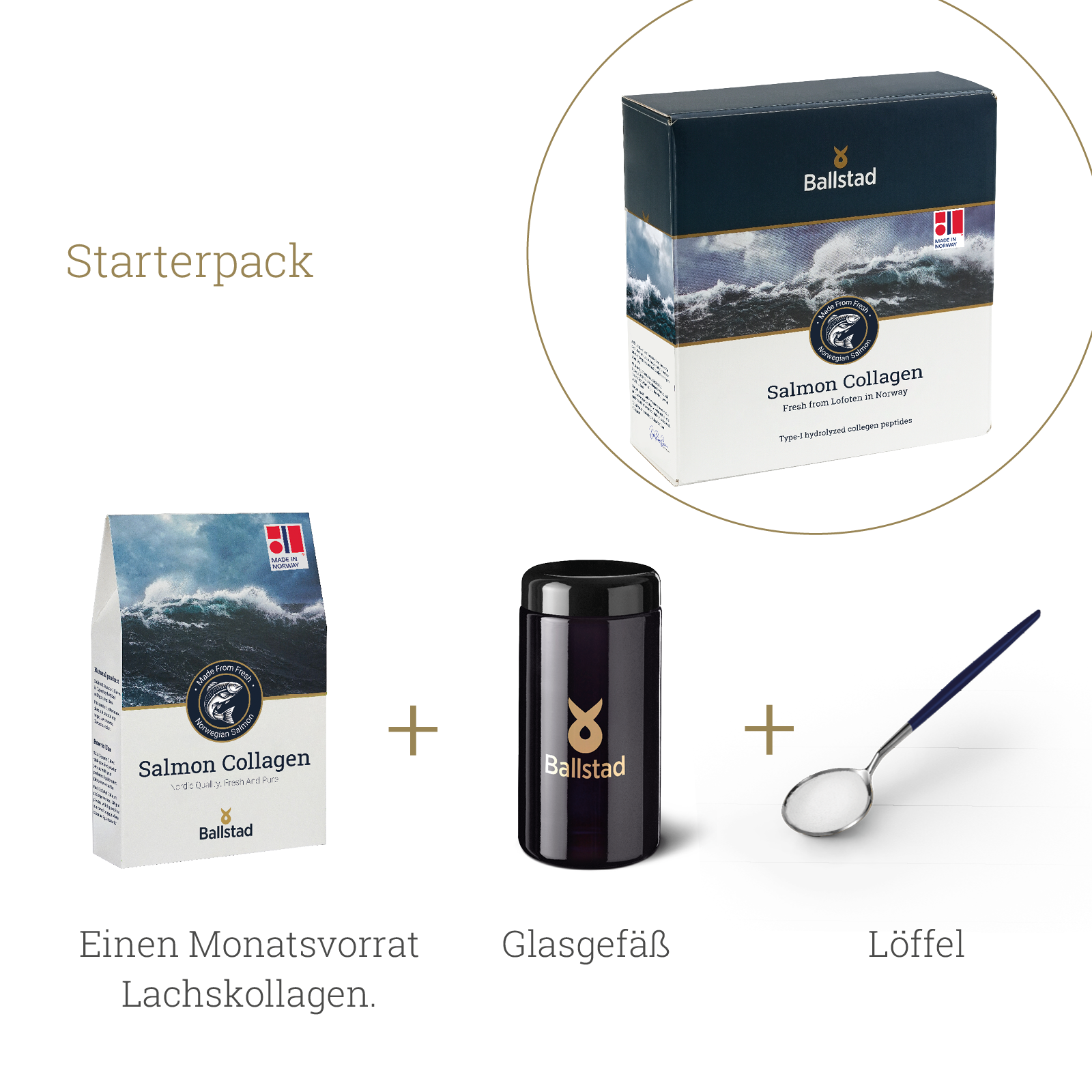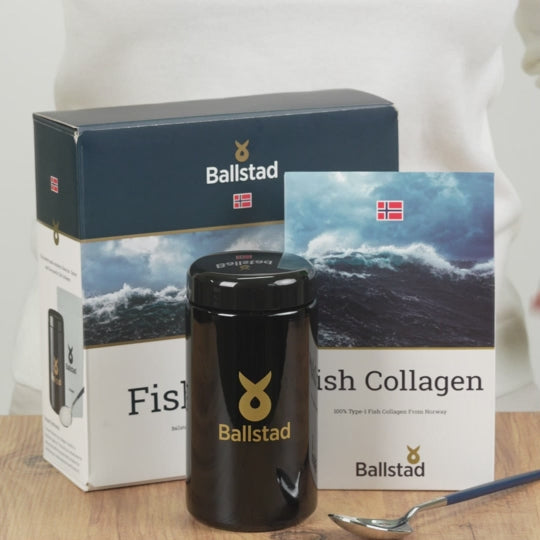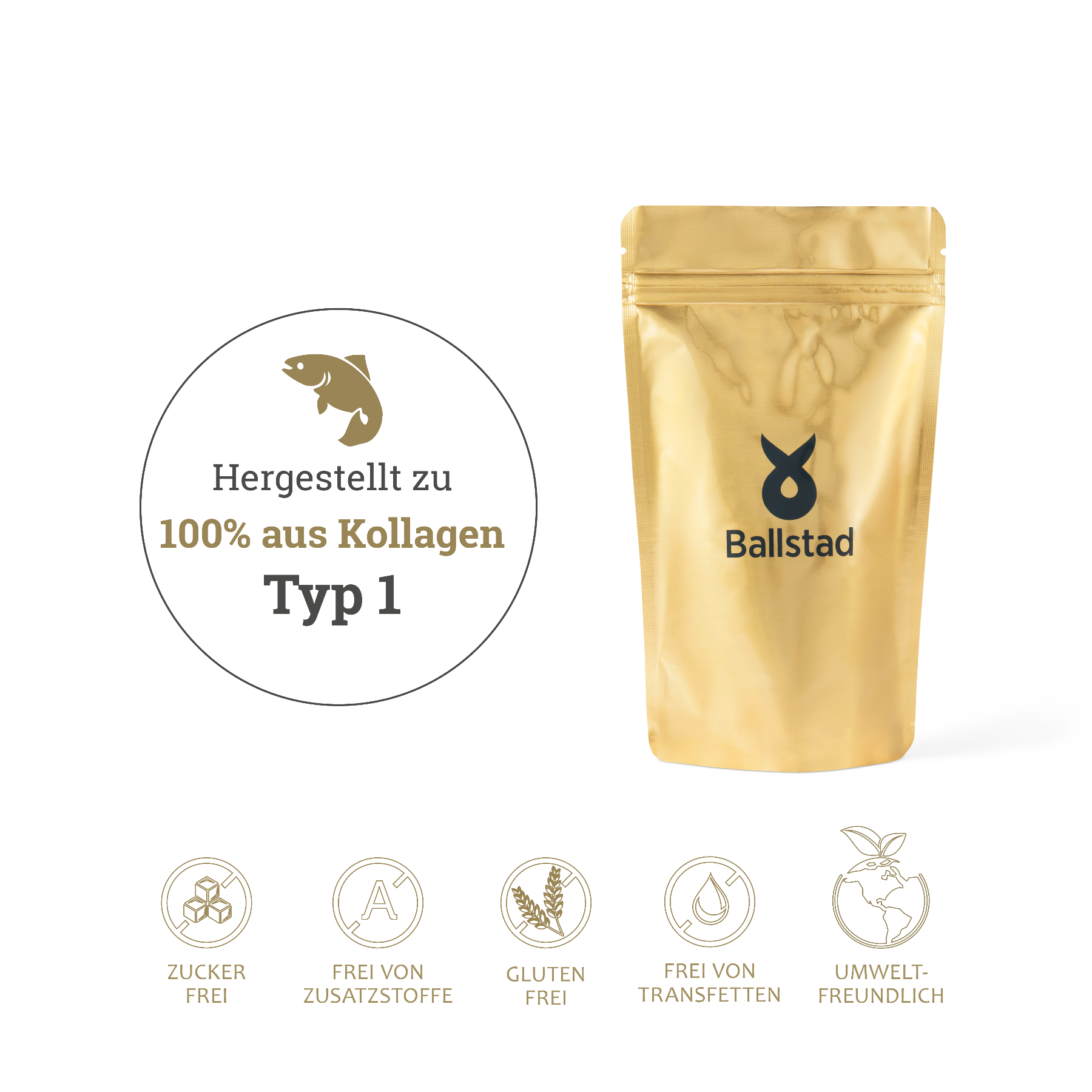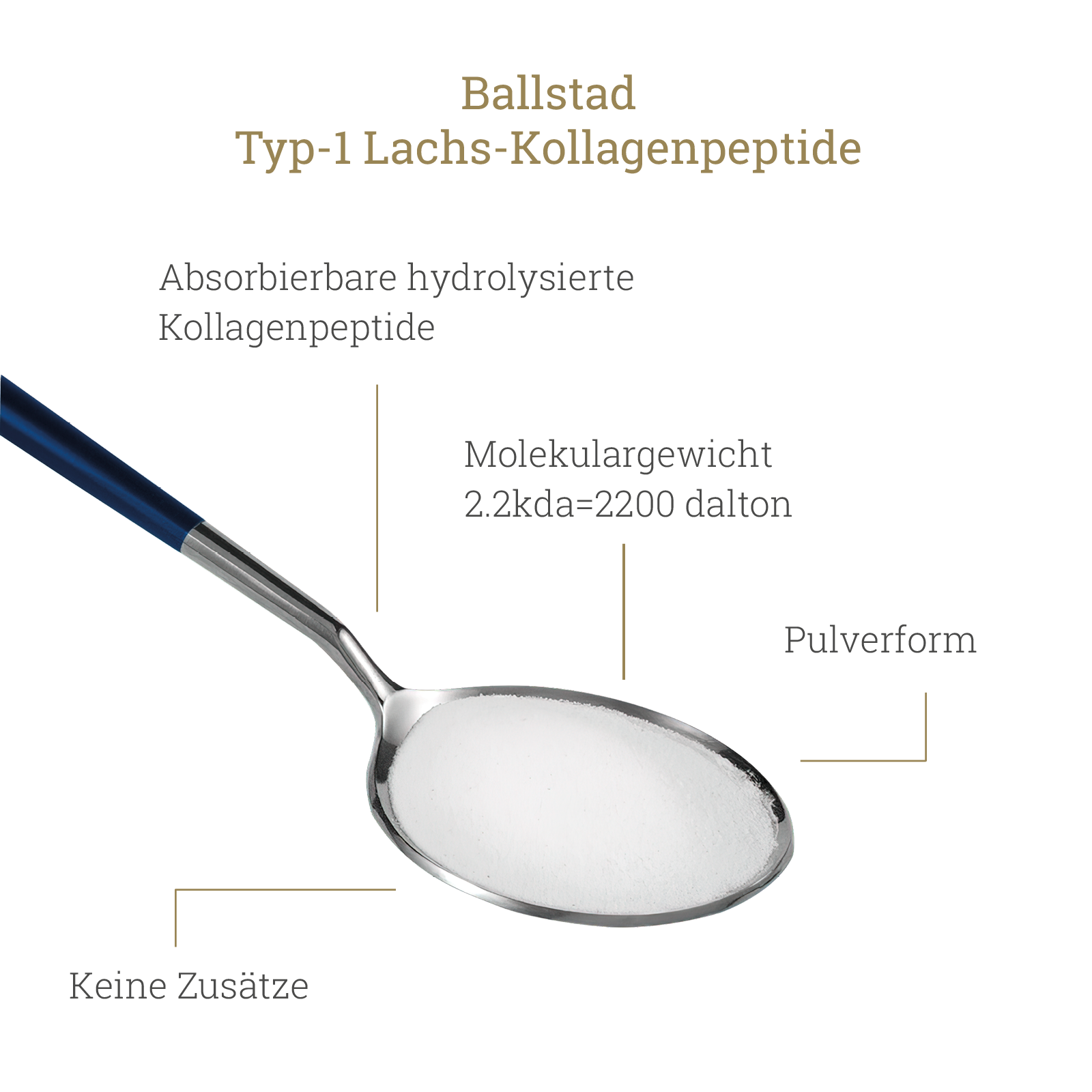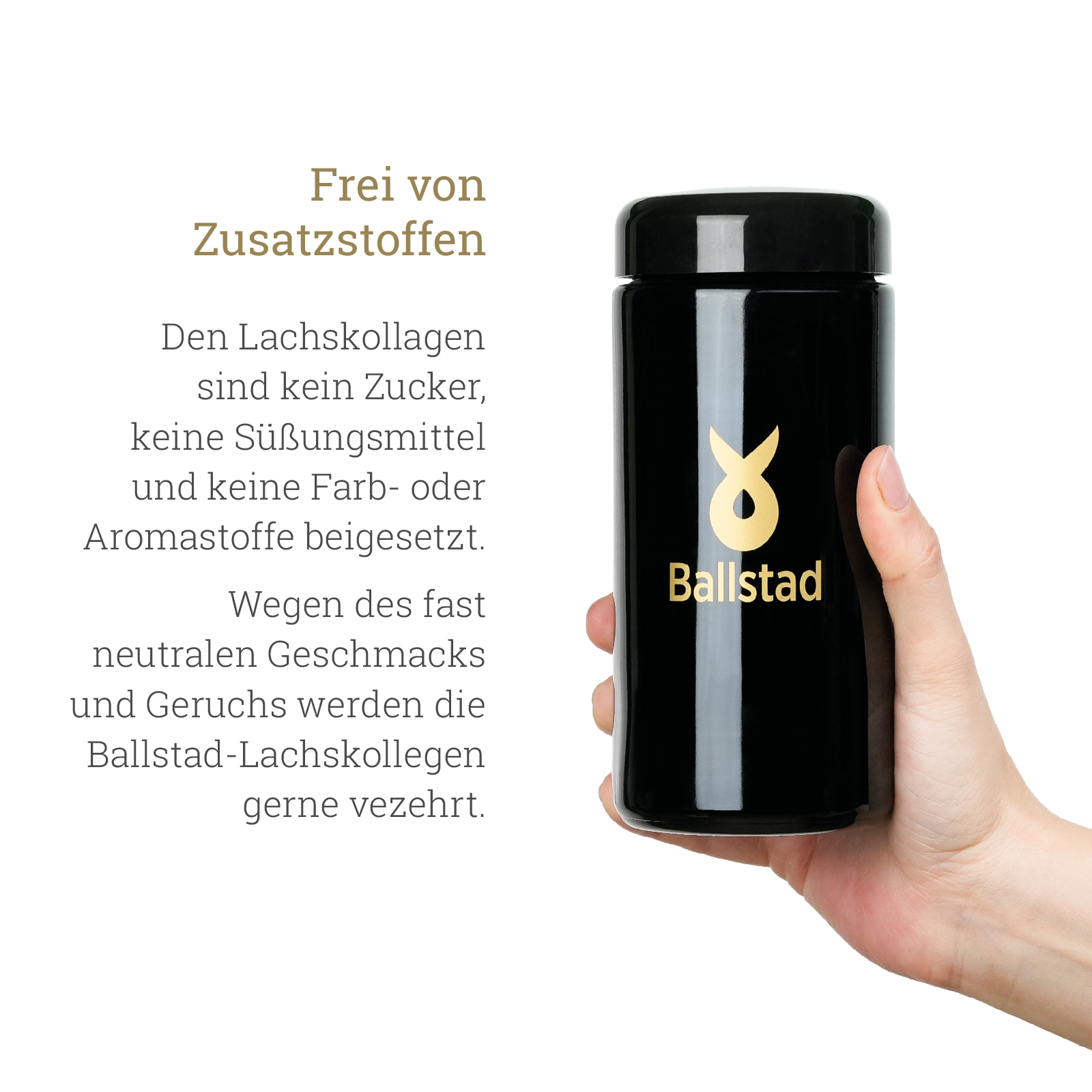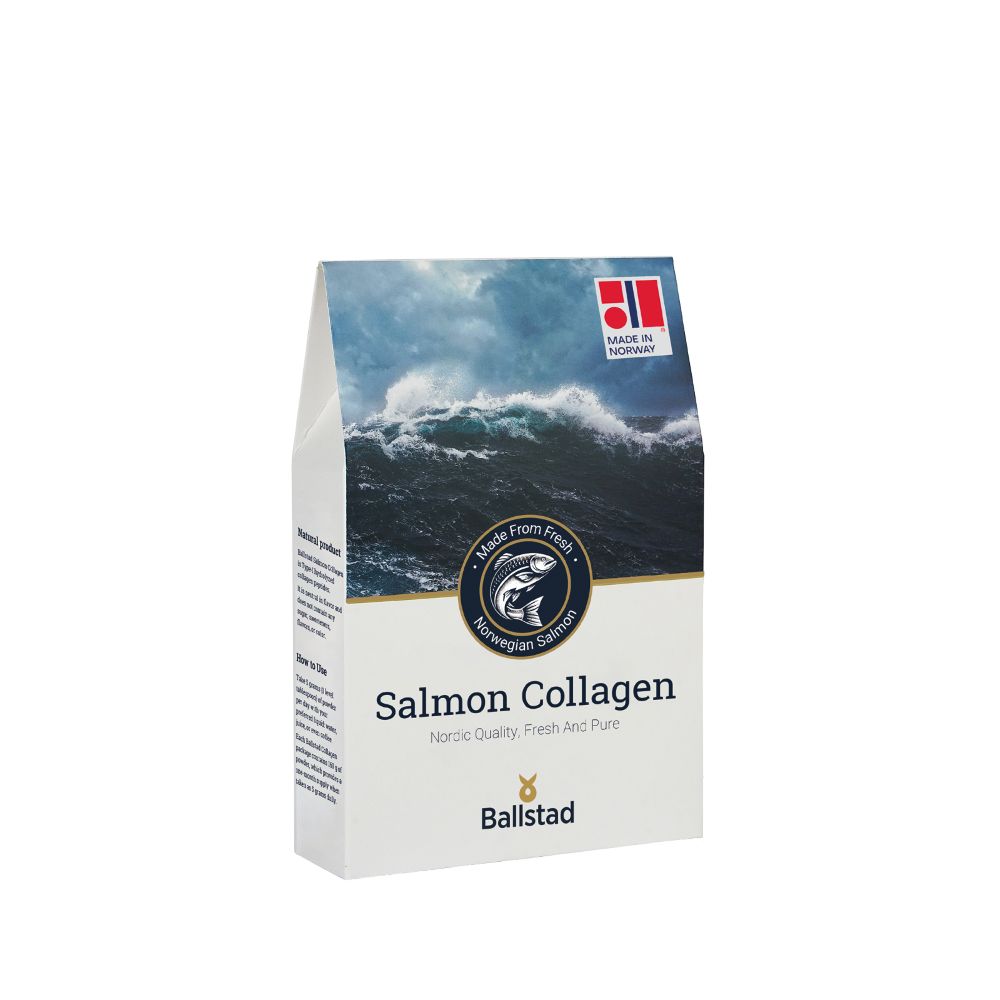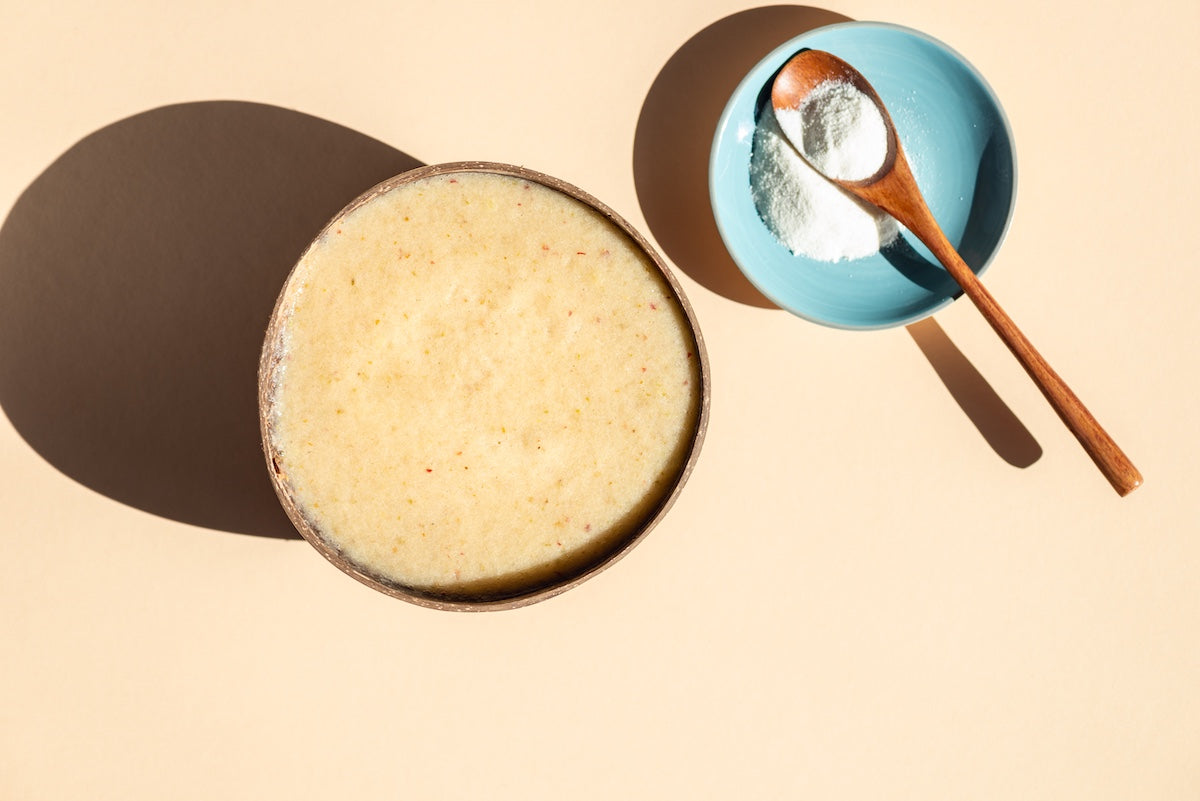Autumn is a time of renewal – and also the ideal opportunity to prepare for the coming winter season by strengthening the immune system and replenishing important nutrient reserves.
Why a balanced diet is so important in autumn
Especially during the transition period, an adequate and balanced diet plays a key role for all age groups. Consuming all food groups in appropriate amounts every day – including meat, eggs, legumes, dairy products, fruit, vegetables, and whole grains – lays the best foundation for a strong immune system. Instead of focusing on just one or two foods, a wide variety on your plate is recommended. Different preparation methods and colorful foods also ensure variety and a rich nutritional mix.
Regular meals against fatigue and cravings
As the days get shorter, many people tend to eat irregular meals or take long breaks between meals. This can lead to weight gain, blood sugar fluctuations, and the so-called autumn slump. A structured diet with complex carbohydrates, high-quality protein, healthy fats, and plenty of fiber can prevent this. Protein is especially important for cell repair during this time and can help overcome infections like colds more quickly.
Minerals such as calcium, magnesium, zinc, and potassium should also be included in your diet. A good supply of calcium is especially important for bone health during months with less light – through dairy products, green leafy vegetables, or nuts.
Antioxidants against fatigue and mood swings
Antioxidants such as vitamin C, vitamin E, and beta-carotene protect the body from free radicals and boost mood. In autumn, it's especially important to pay attention to your vitamin C intake—for example, through rose hips, citrus fruits, tomatoes, peppers, parsley, onions, and broccoli.
Fiber and probiotics for a strong intestinal flora
A healthy gut means a strong immune system. High-fiber foods and probiotic products such as yogurt, kefir, sauerkraut, or leeks are ideal supporters of a healthy gut flora—they should be included regularly in your diet.
Natural dietary supplements for the autumn season
-
Bee pollen: A natural source of energy that can be particularly helpful in cases of fatigue and increased stress.
-
Ginseng root: Supports both physical and mental performance by converting fatty acids into energy.
-
Omega-3 fatty acids: The European Food Safety Authority (EFSA) confirms that a daily intake of 250 mg of EPA and DHA contributes to normal heart function. For healthy adults, 1,000 mg per day is recommended. Therefore, in the fall, you should plan on 2–3 servings of oily fish per week or, alternatively, high-quality dietary supplements.
Water and exercise – two underestimated helpers
Adequate water intake promotes the production of lymph fluid, which transports important immune cells throughout the body. As temperatures drop, the body reduces its energy consumption—regular exercise helps prevent weight gain and further strengthens the immune system.
Conclusion:
A varied diet, sufficient fluids, targeted exercise and, if necessary, selected nutritional supplements will make your body fit for the cold season.
Dyt. Buse Altınay
Nutritionist at Ballstad


